Introduction to Chess Piece Movements
Chess is a strategic board game that involves two players competing on an 8x8 square board. Each player starts with sixteen pieces: one king, one queen, two rooks, two knights, two bishops, and eight pawns. Understanding how each piece moves is foundational to playing chess effectively. This guide will provide a comprehensive overview of the movements and strategies associated with each chess piece.
Movements of Each Chess Piece
The King
The king is the most important piece in chess, and its movement is thus quite restricted for protection. The king can move one square in any direction: horizontally, vertically, or diagonally. However, the king cannot move to a square that is currently attacked by an opponent's piece.
The Queen
The queen is the most powerful piece on the chessboard. It combines the power of the rook and the bishop, moving any number of squares along a rank, file, or diagonal, but it cannot jump over other pieces. The queen's versatility makes it a powerful weapon in both offensive and defensive strategies.
The Rook
The rook moves any number of squares along a rank or file, but cannot move diagonally. Rooks are particularly powerful pieces when they are protecting each other and working together, commonly referred to as connected rooks. This piece plays a crucial role in castling, a special move involving the king and a rook.
The Bishop
Bishops move diagonally any number of squares, but each bishop is confined to only one color of square throughout the game—one starting on white and the other on black. The bishop's long-range capabilities make it a key player in controlling the board's diagonals.
The Knight
The knight has a unique movement compared to other chess pieces—it moves in an L shape. This consists of two squares in one horizontal or vertical direction and then one square perpendicular, or vice versa. What makes knights special is their ability to jump over other pieces.
The Pawn
Pawns have the most complex rules of movement. They move forward one square but capture diagonally. On its first move, a pawn has the option to move forward two squares. Pawns are the only pieces that cannot move backward. When a pawn reaches the opposite side of the board, it can be promoted to any other piece, typically a queen.
Special Moves
Castling
Castling is a special king-rook move done to safeguard the king and activate the rook. It involves moving the king two squares towards a rook on the player's first rank, then moving the rook onto the square over which the king crossed. Castling can only occur if neither the king nor the rook has moved previously, there are no pieces between the king and rook, and the king is not in check.
En Passant
En Passant is a special pawn capture that occurs in a specific instance when a pawn advances two squares from its original position past an opponent's pawn's capture square. The opponent can capture the just-moved pawn as if it had moved only one square forward. This move must be made immediately after the initial two-square pawn advancement, or the opportunity is lost.
Promotion
When a pawn reaches the opposite end of the board, it is promoted. The pawn can be exchanged for a queen, rook, bishop, or knight of the same color. The choice is not limited to previously captured pieces. This is a strategic opportunity, with the queen usually being the preferred piece due to its power and versatility.
Conclusion
Understanding how each chess piece moves is only the beginning of mastering the game of chess. Each piece's unique movements and capabilities provide the game with its complex and rich strategic depth. By learning and practicing these movements, players can devise tactics and strategies to effectively control the board and checkmate the opponent's king. Whether you are a beginner or looking to refine your strategies, a thorough grasp of chess piece movements is essential.
Explore our large collection of luxurious chess sets!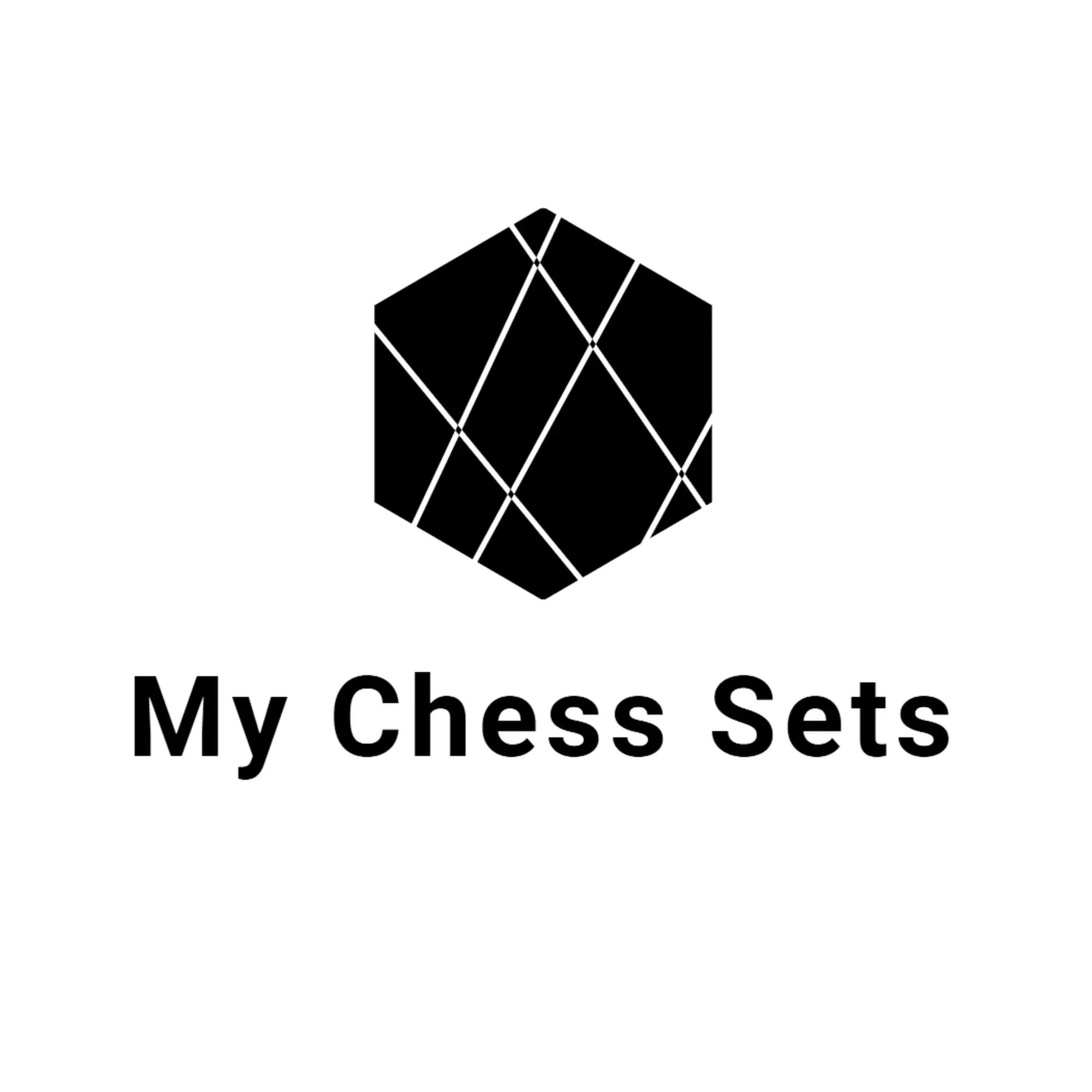
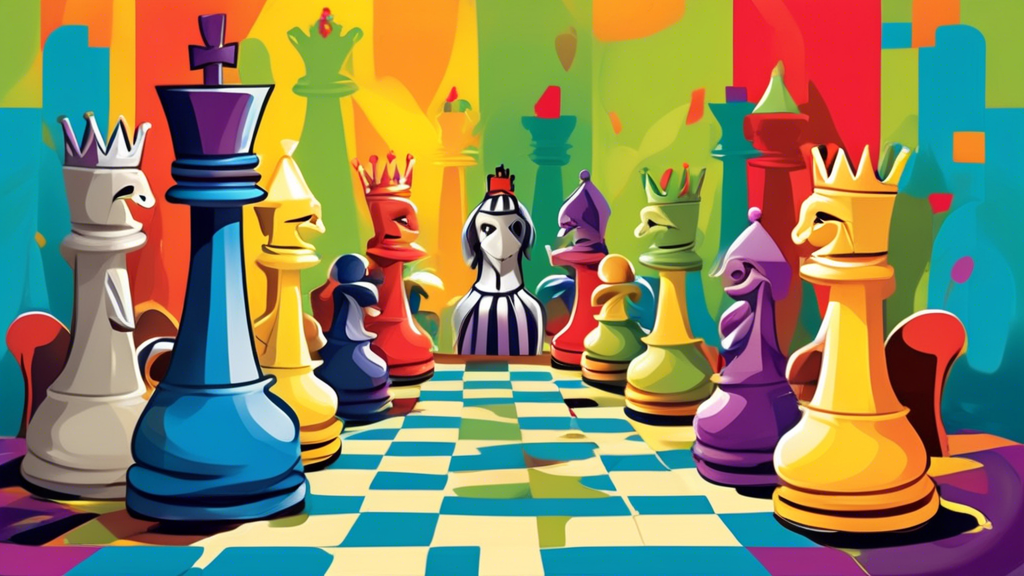
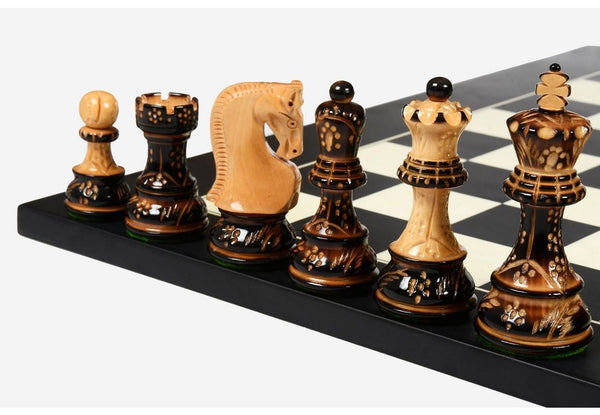
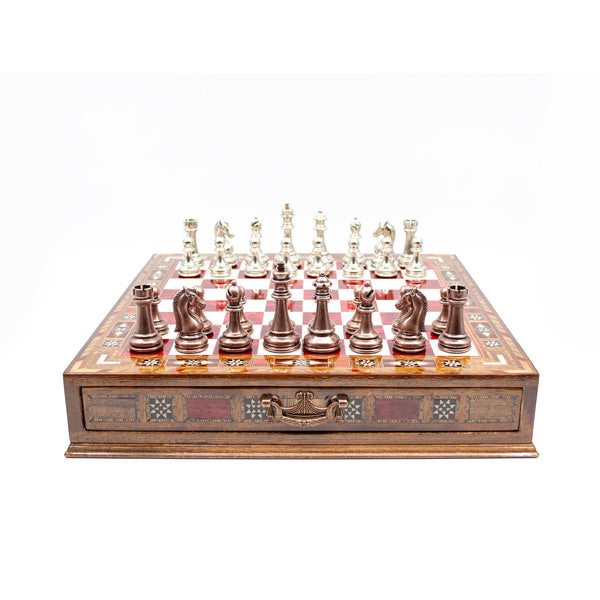
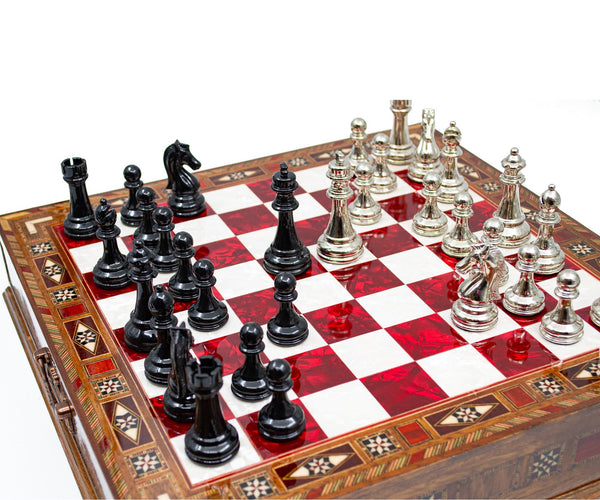
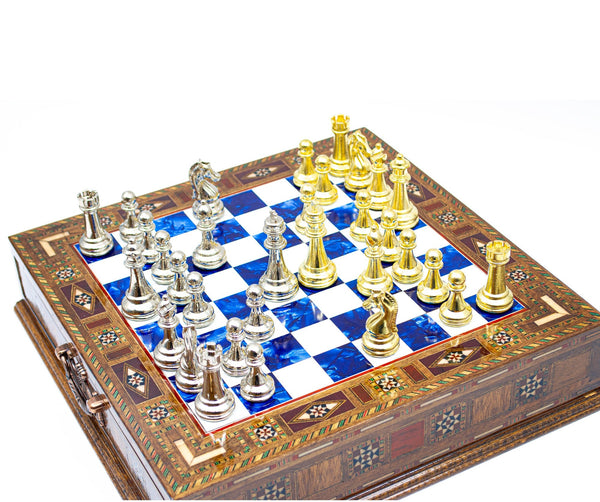
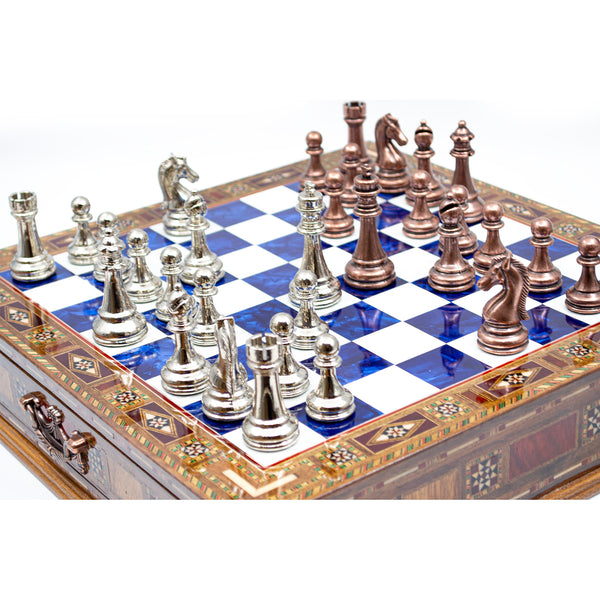
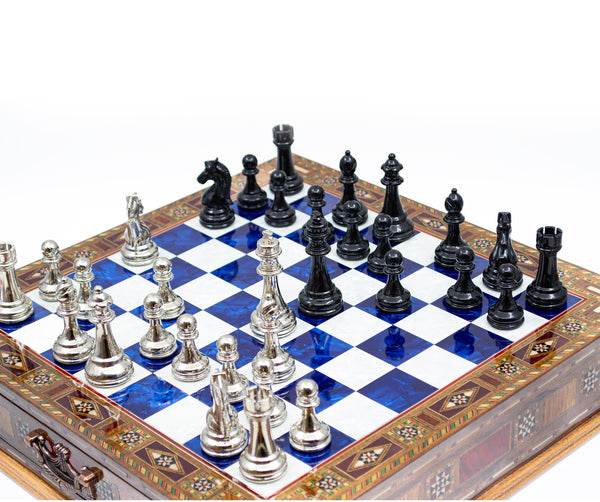
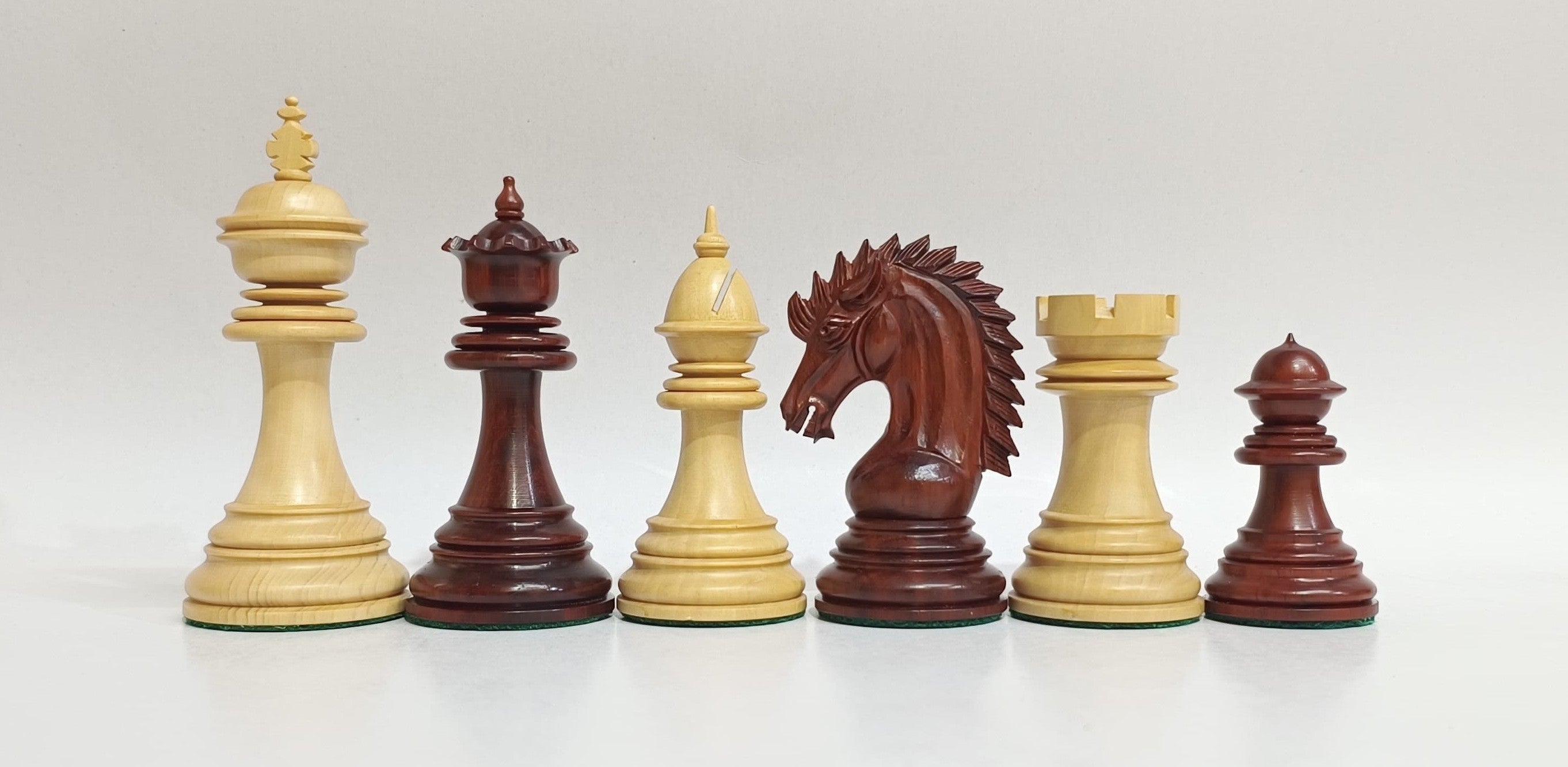
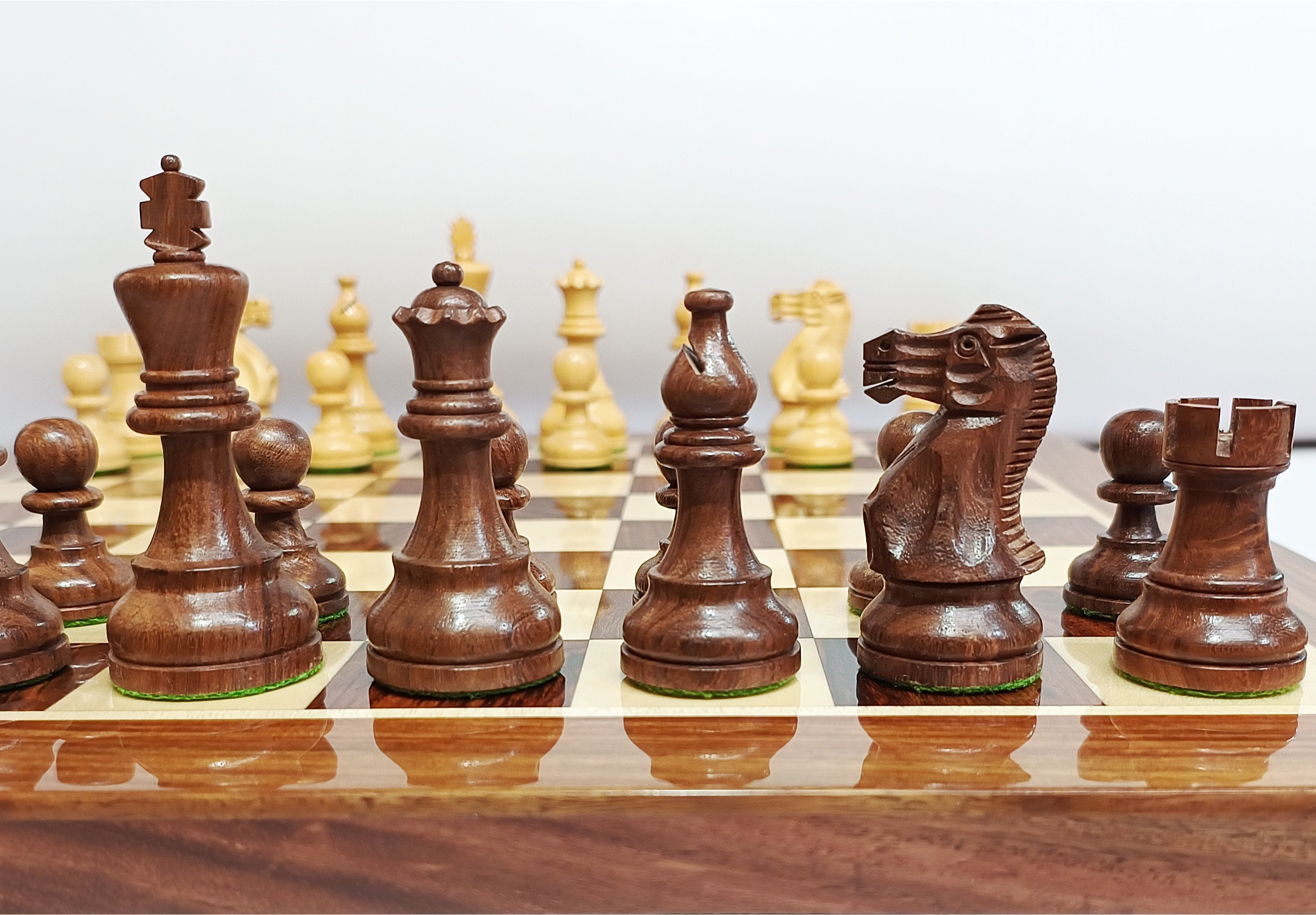

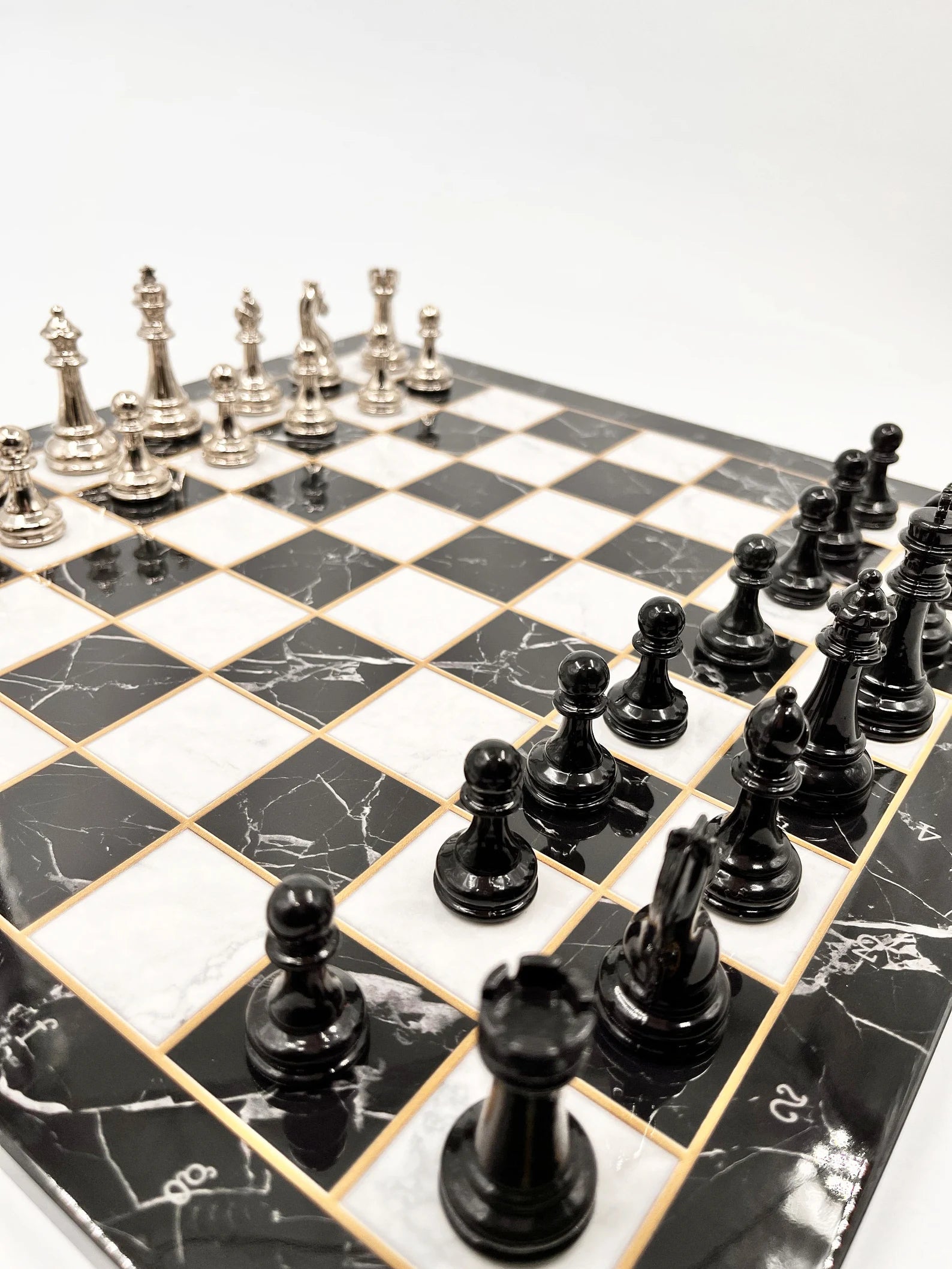


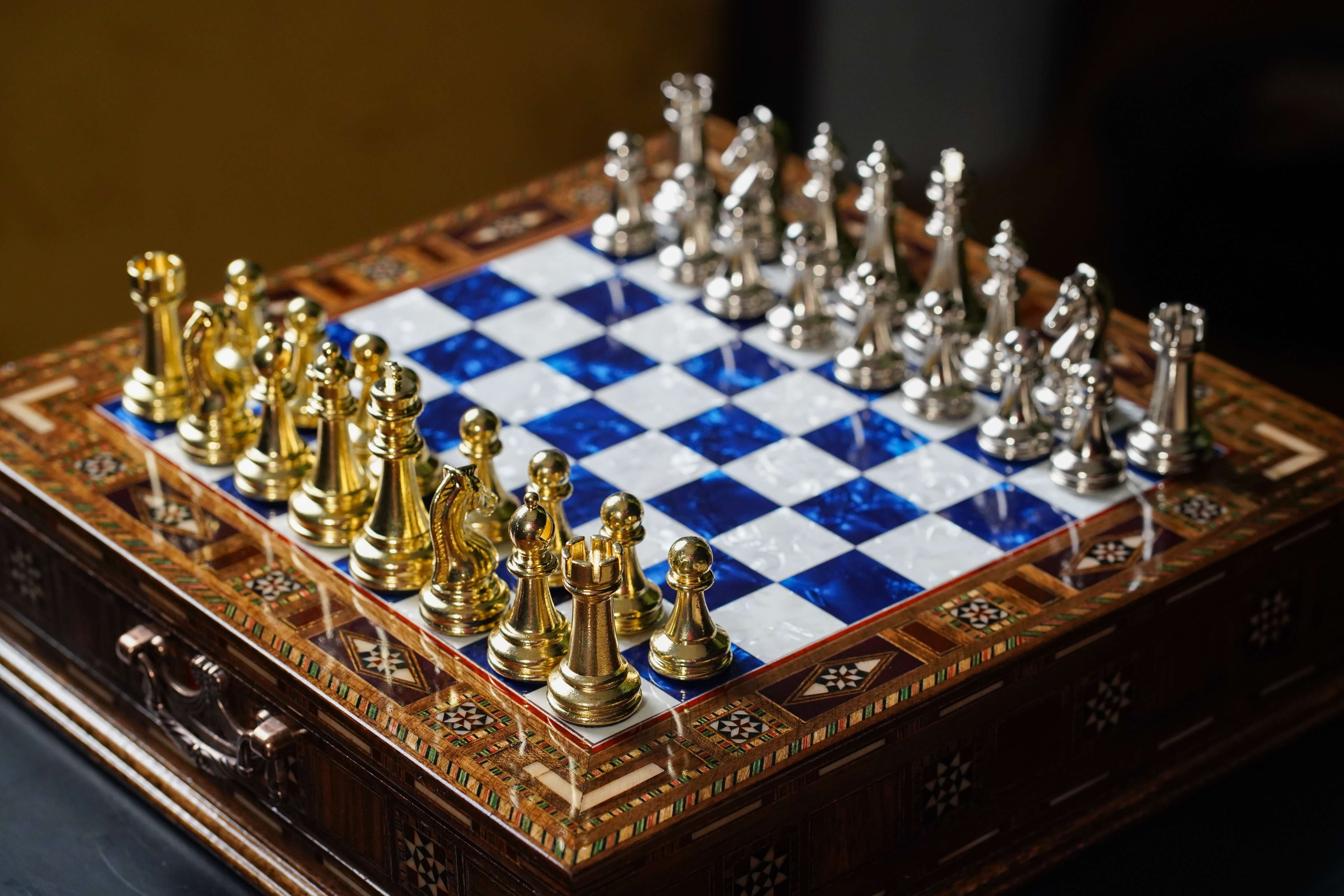
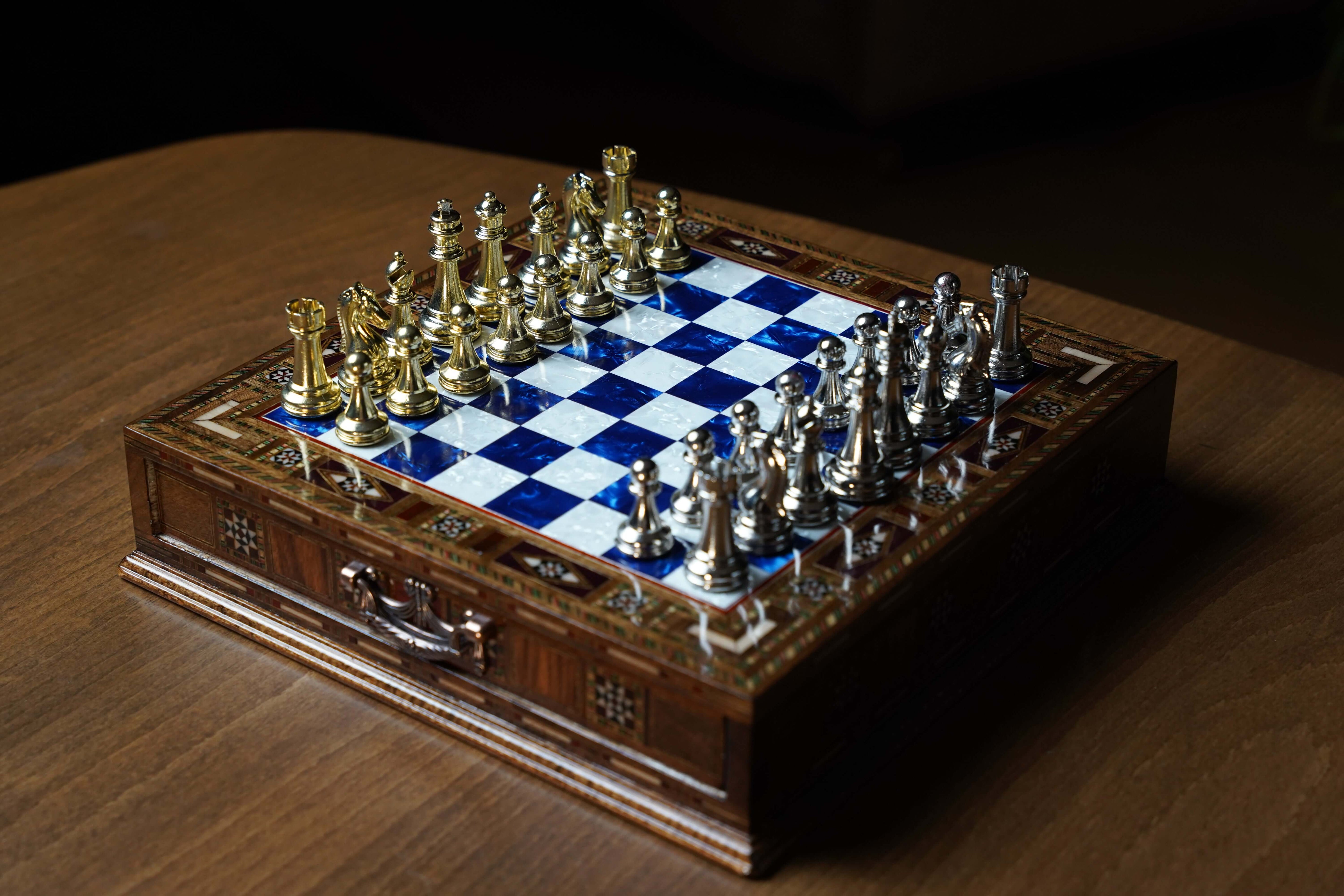
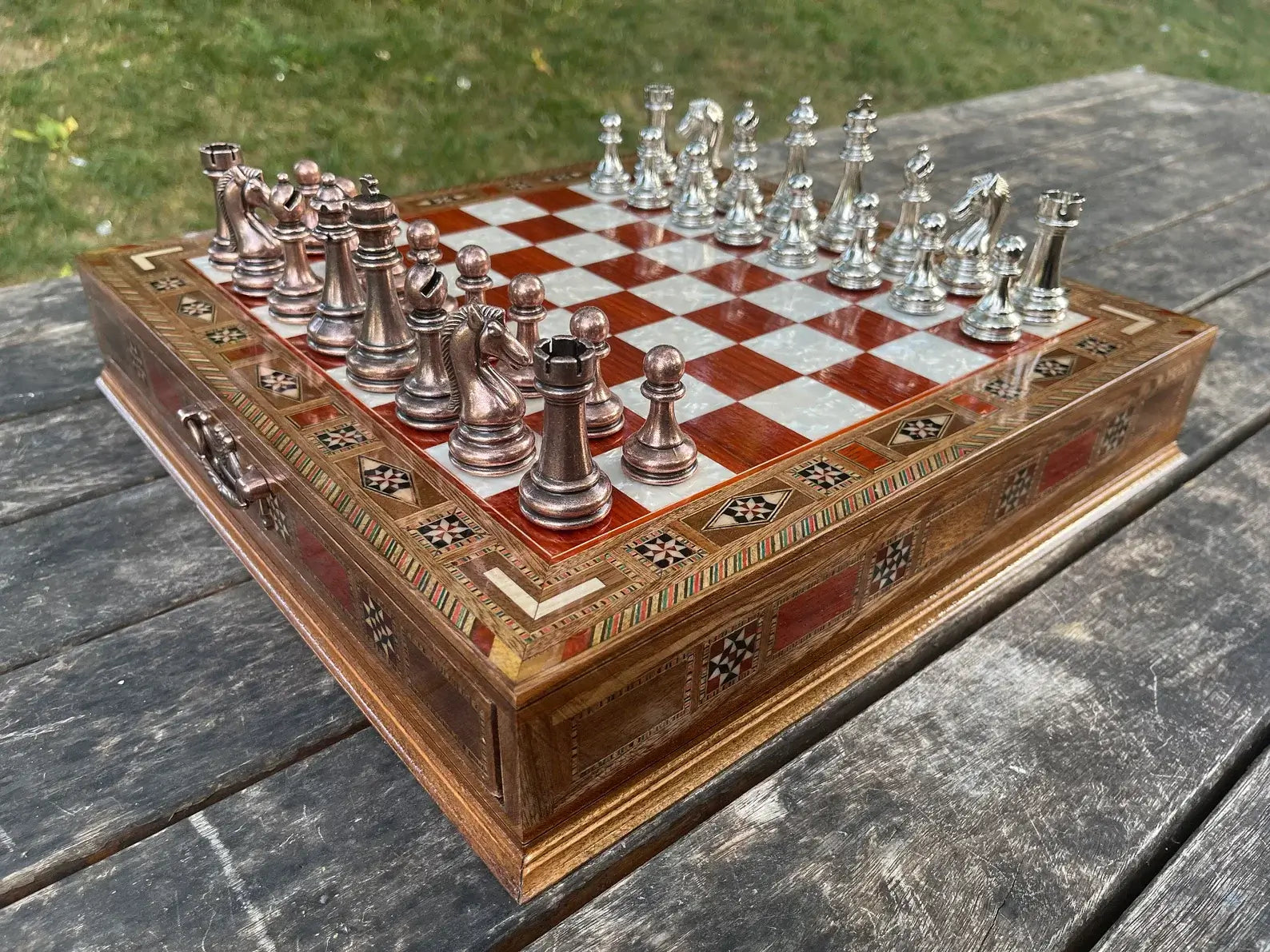
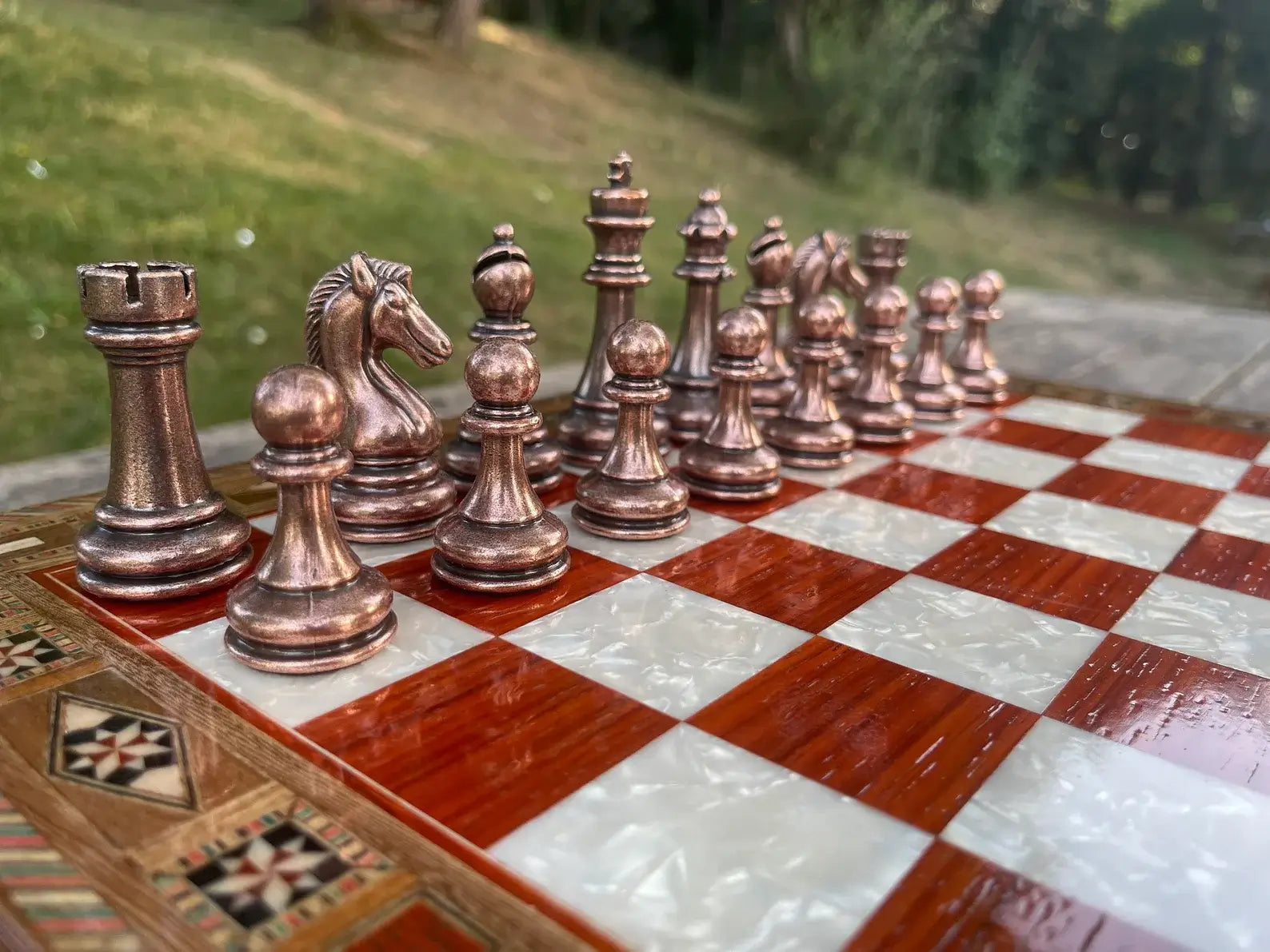
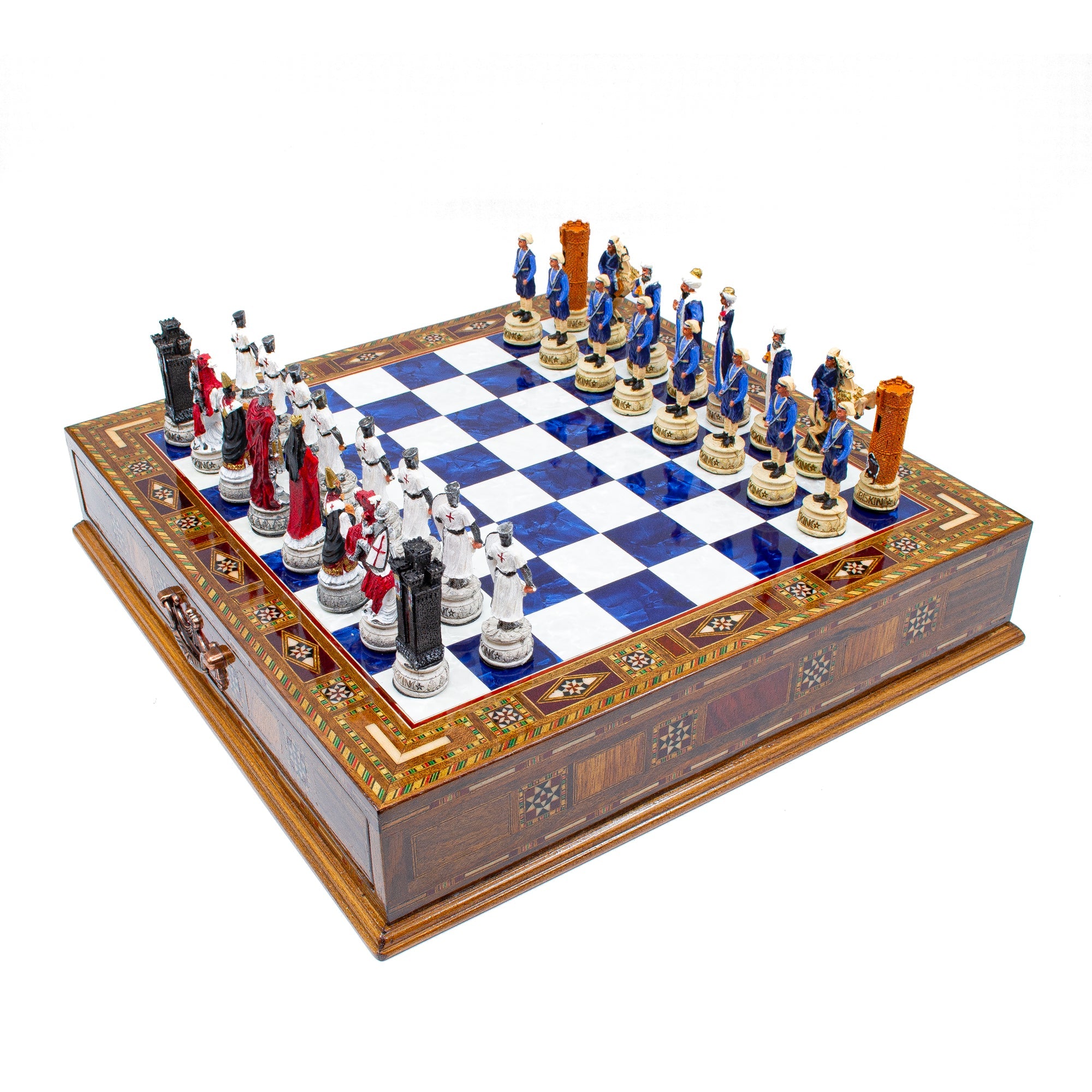
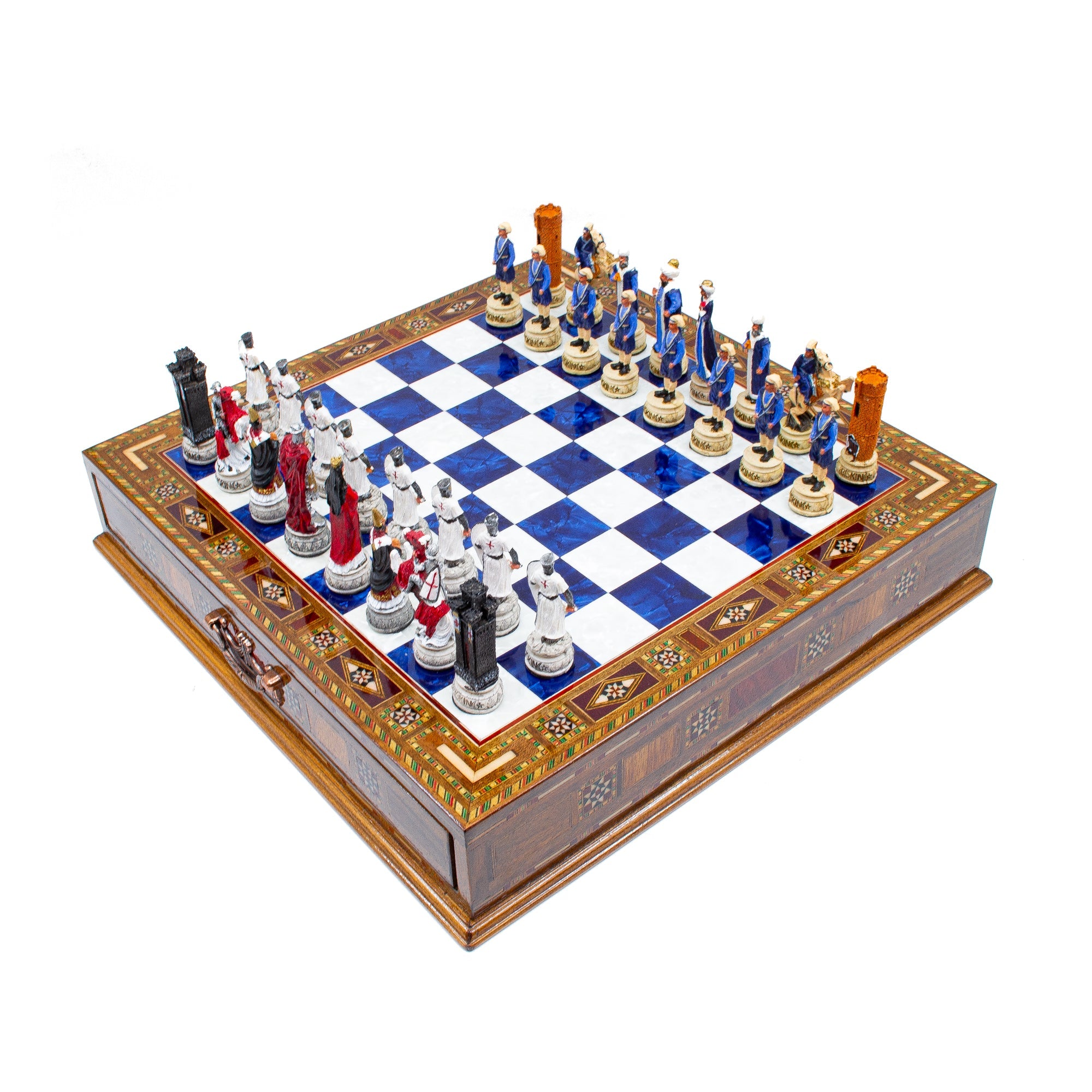
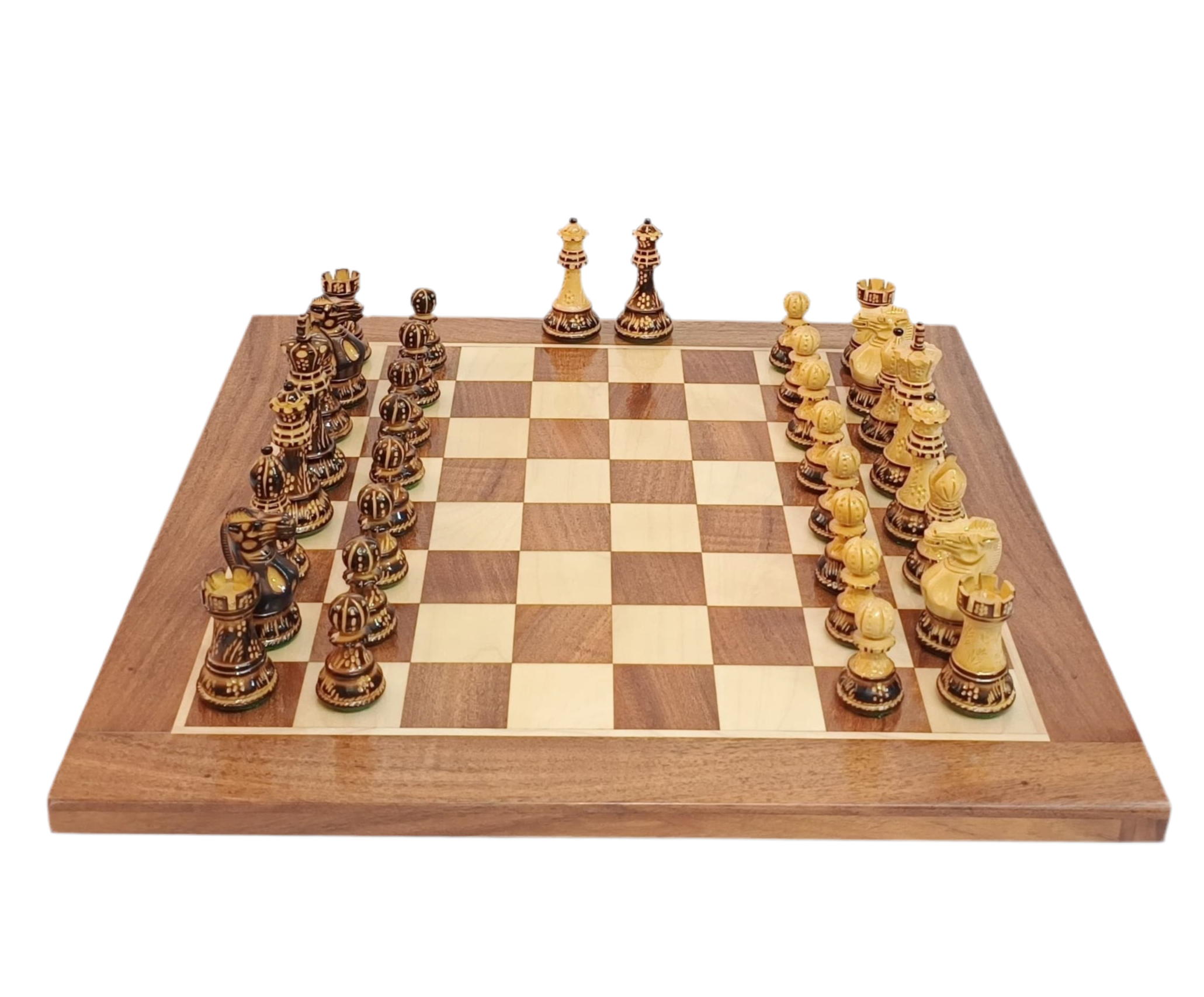
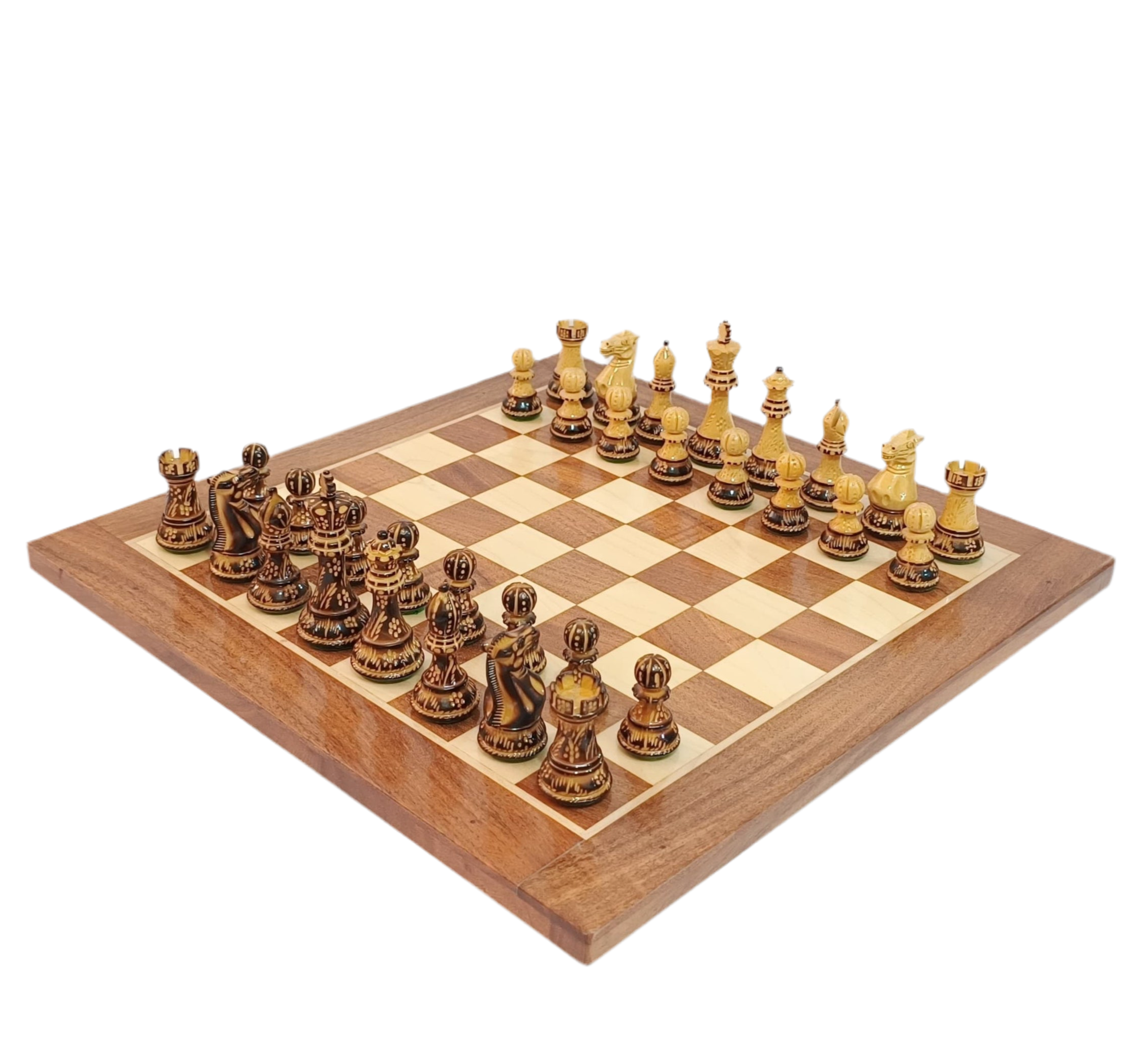
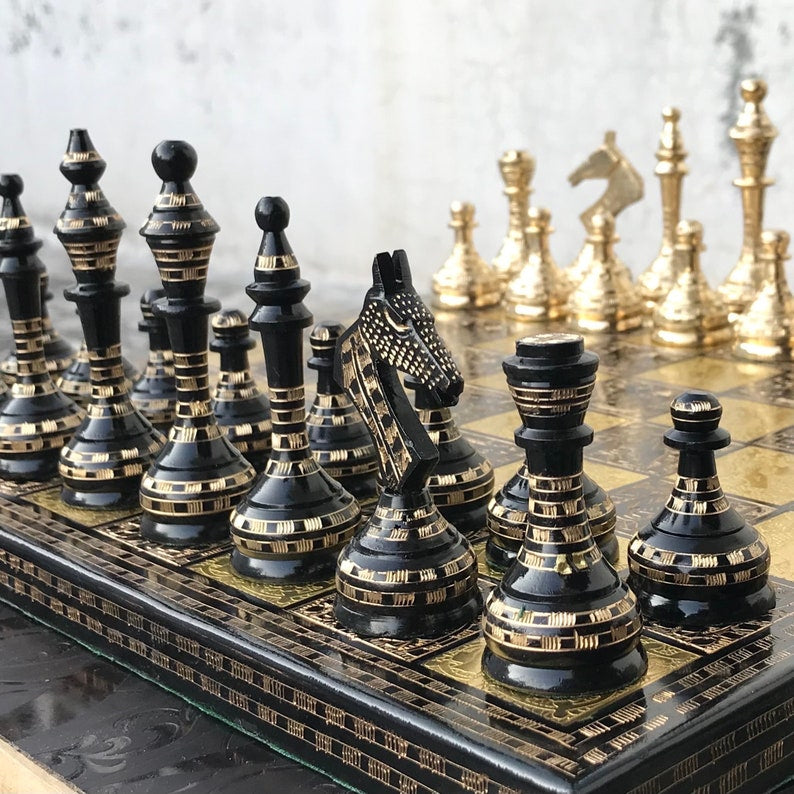
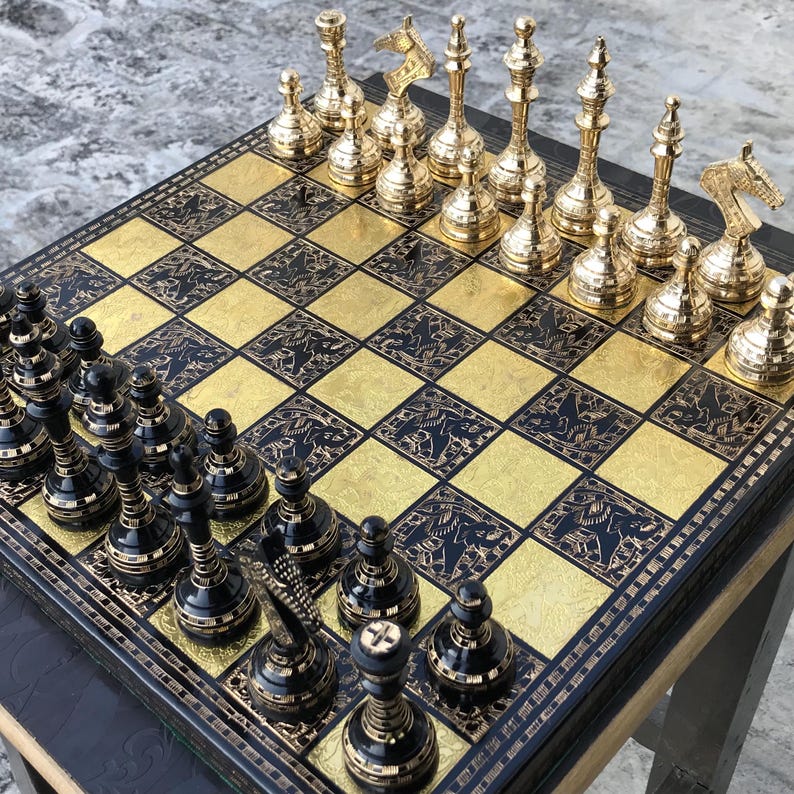


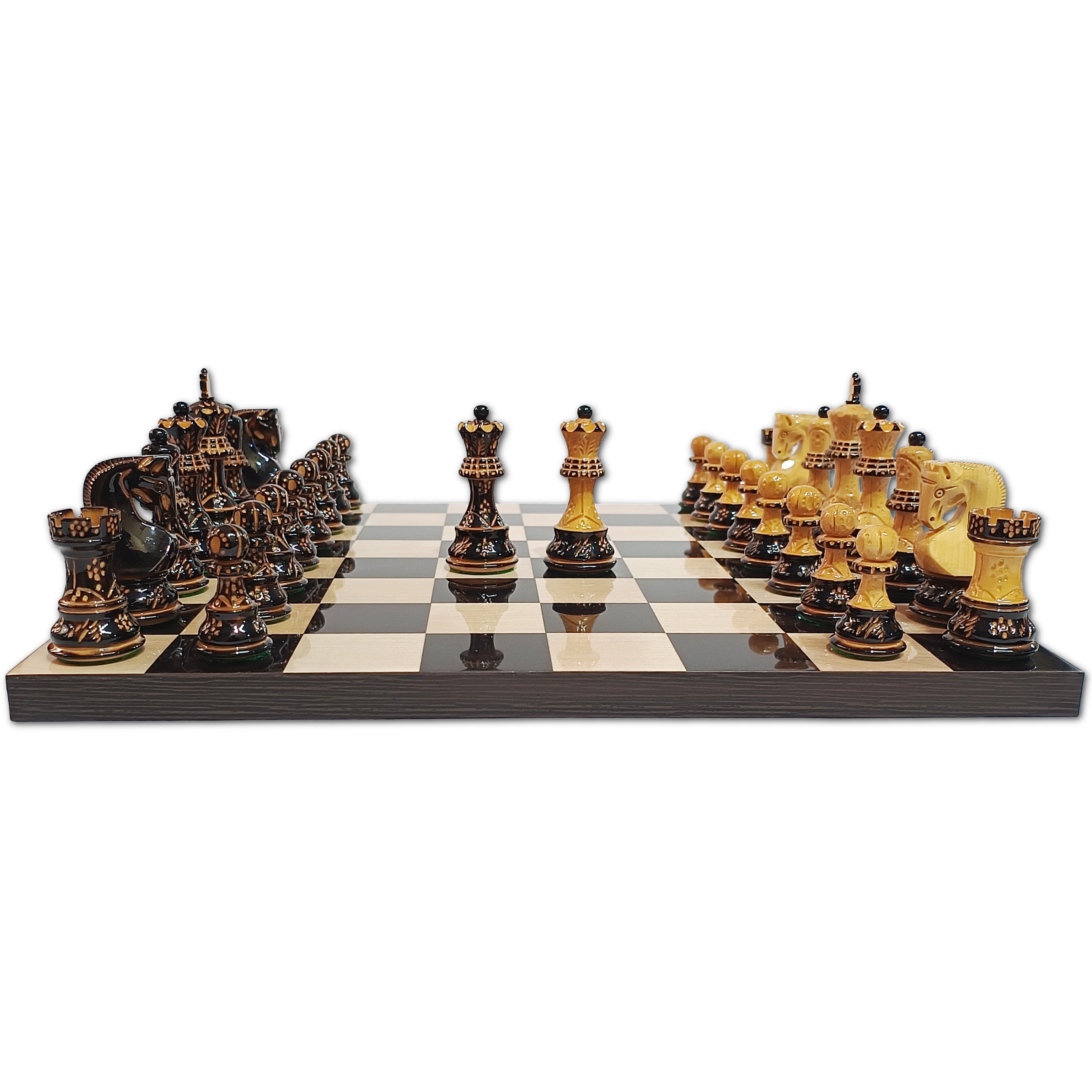
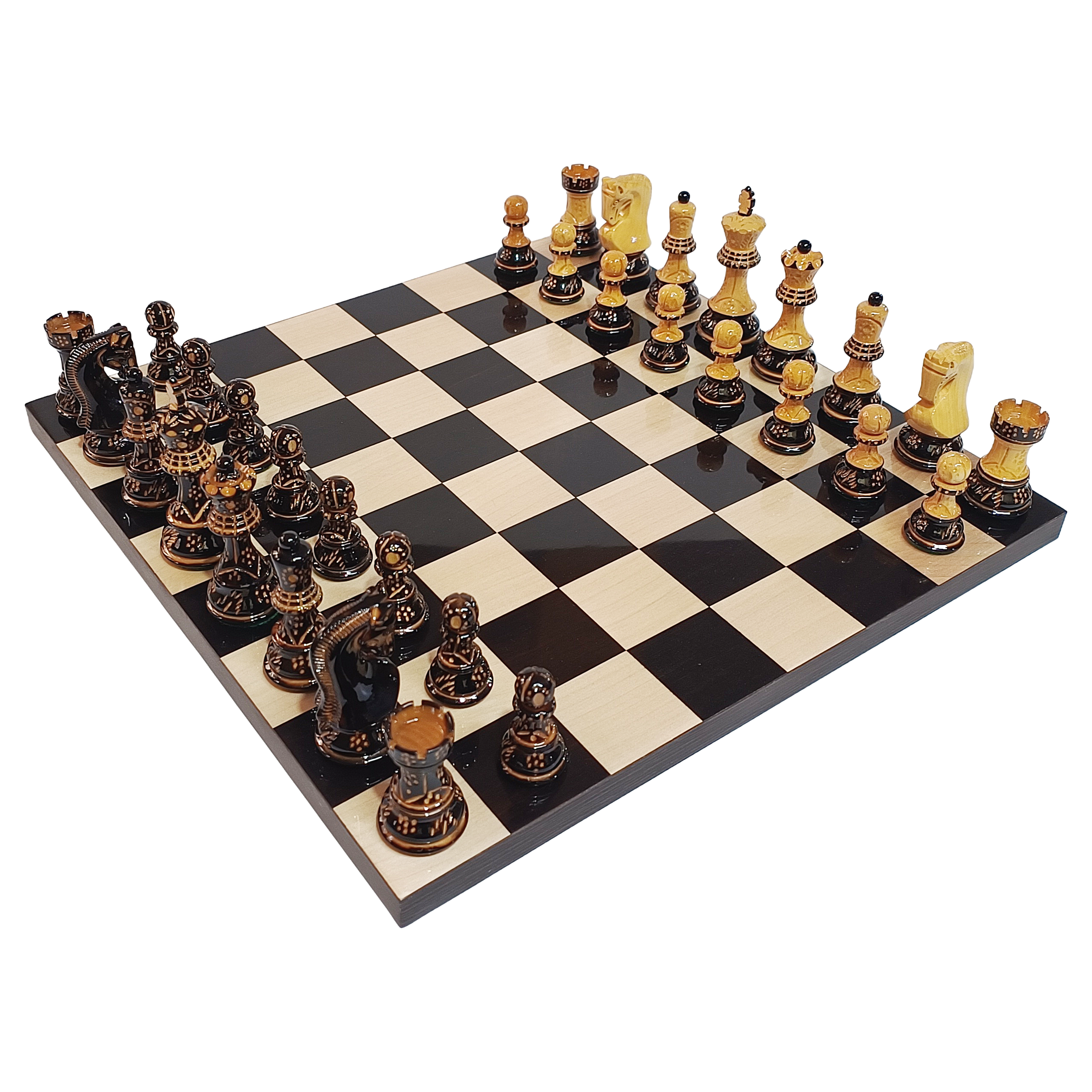
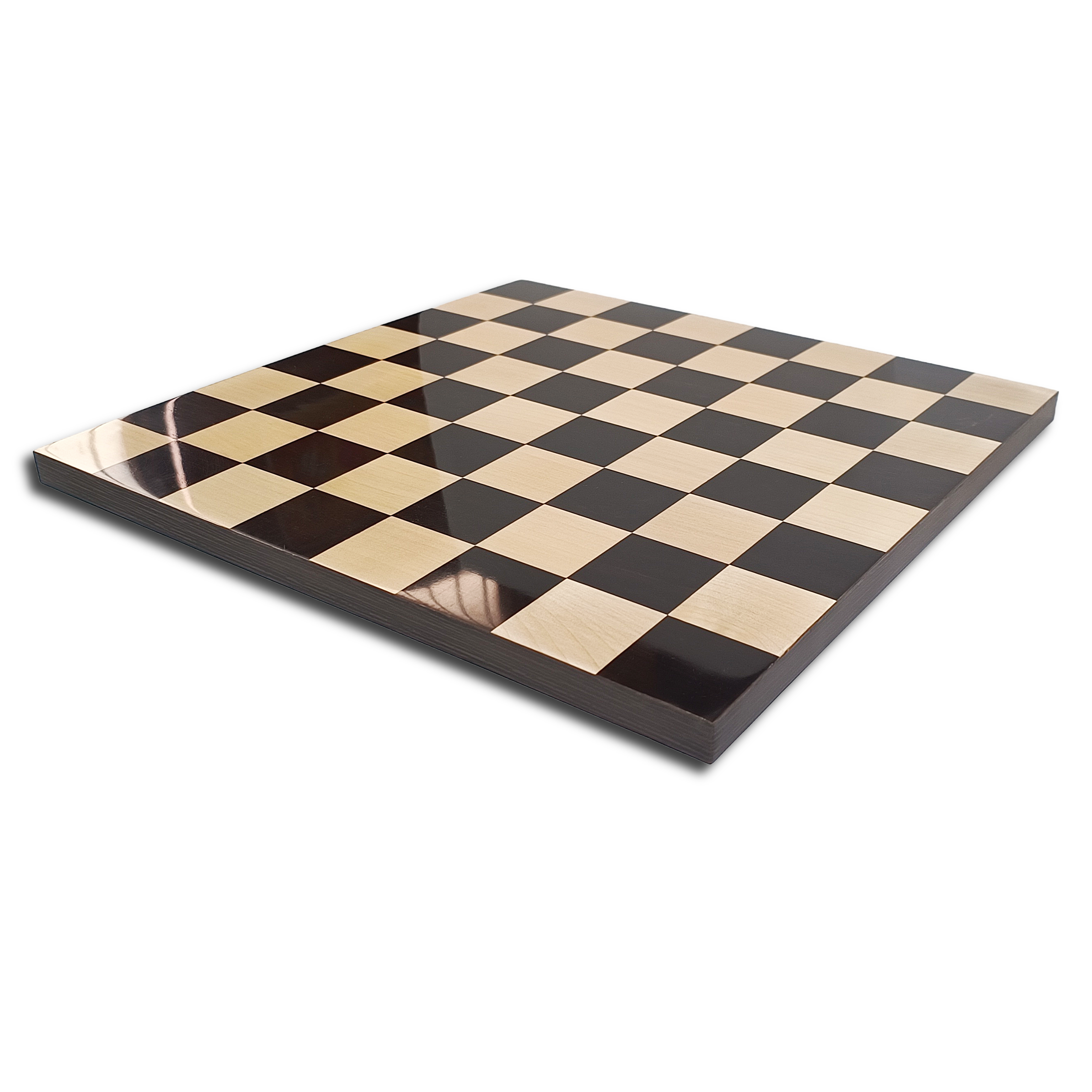
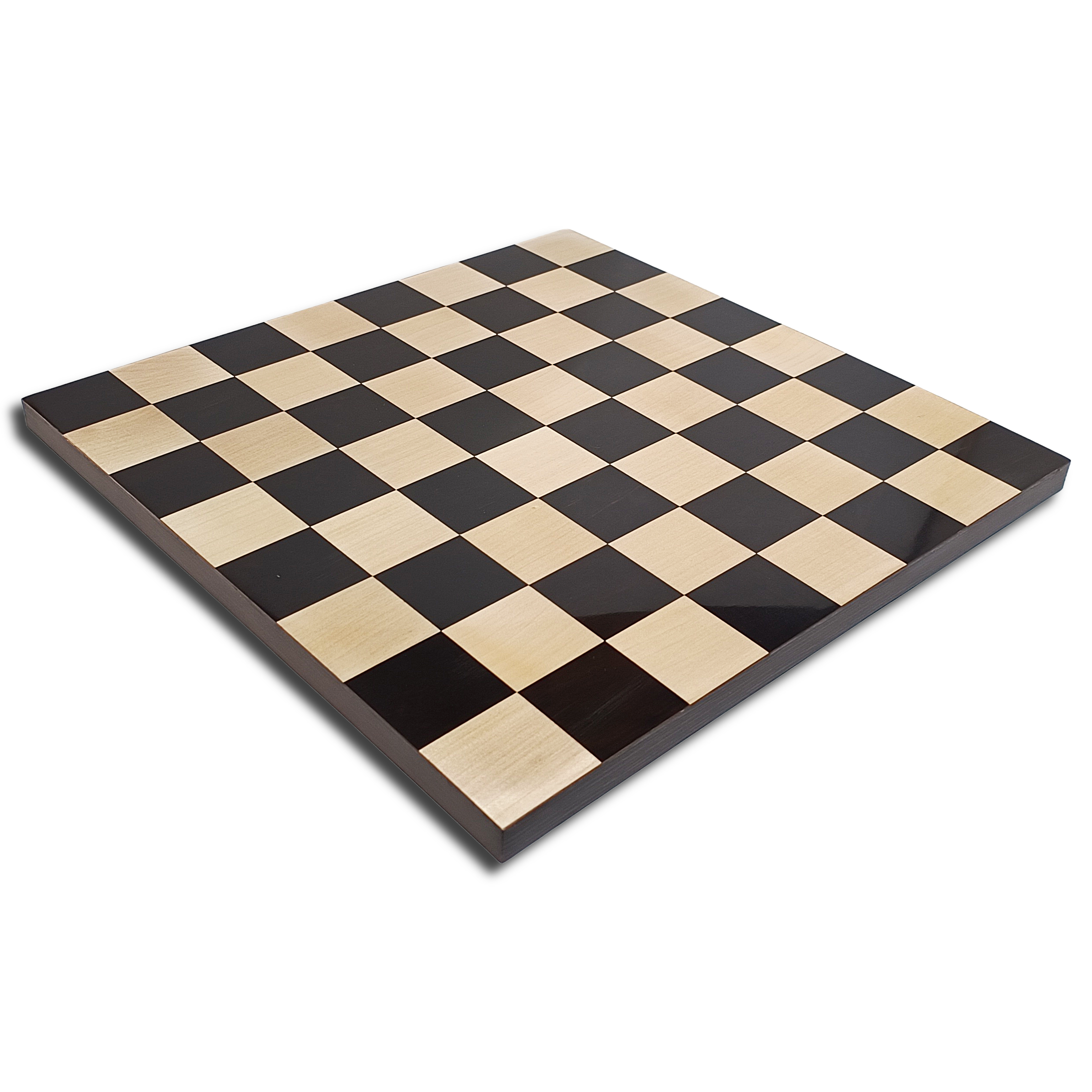
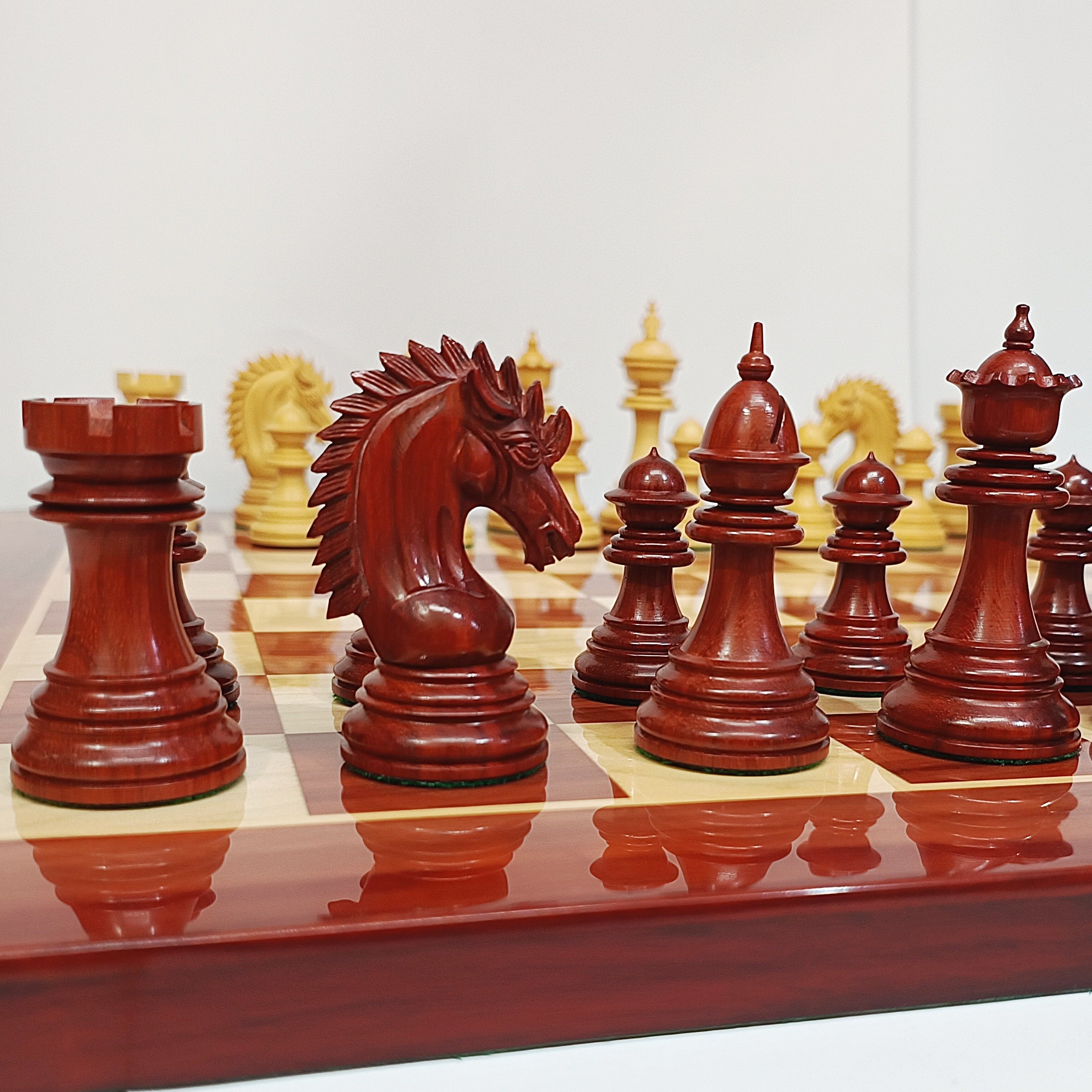
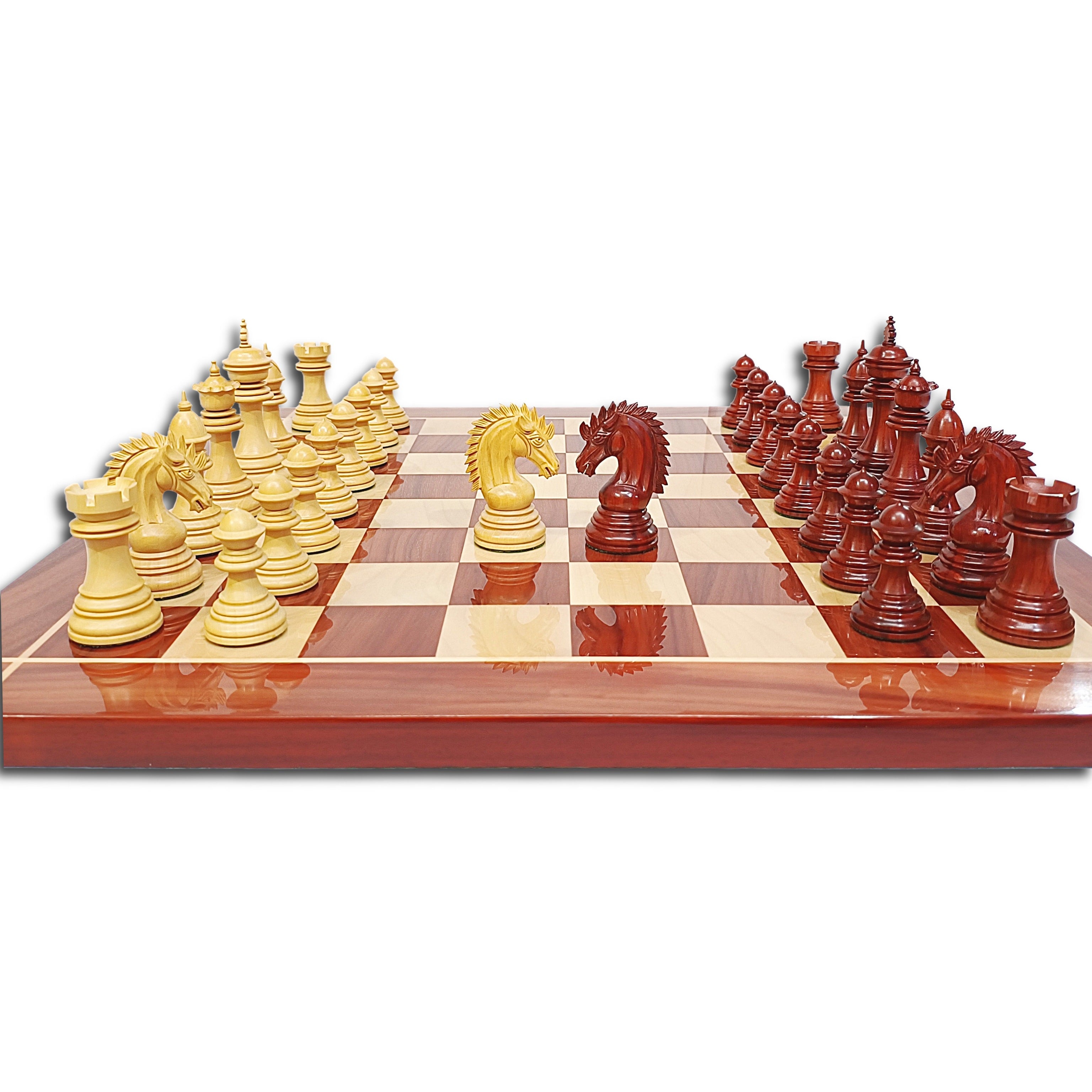
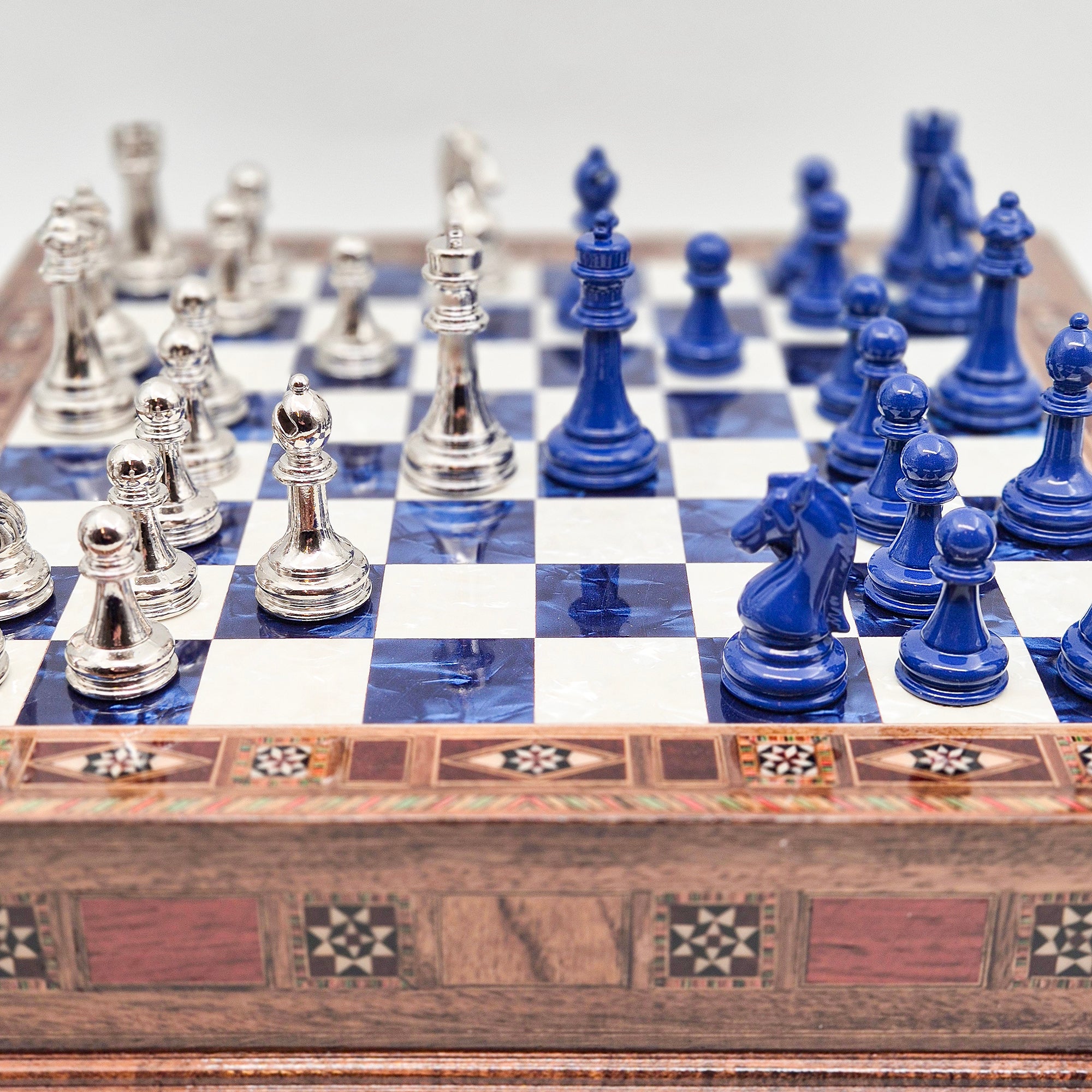
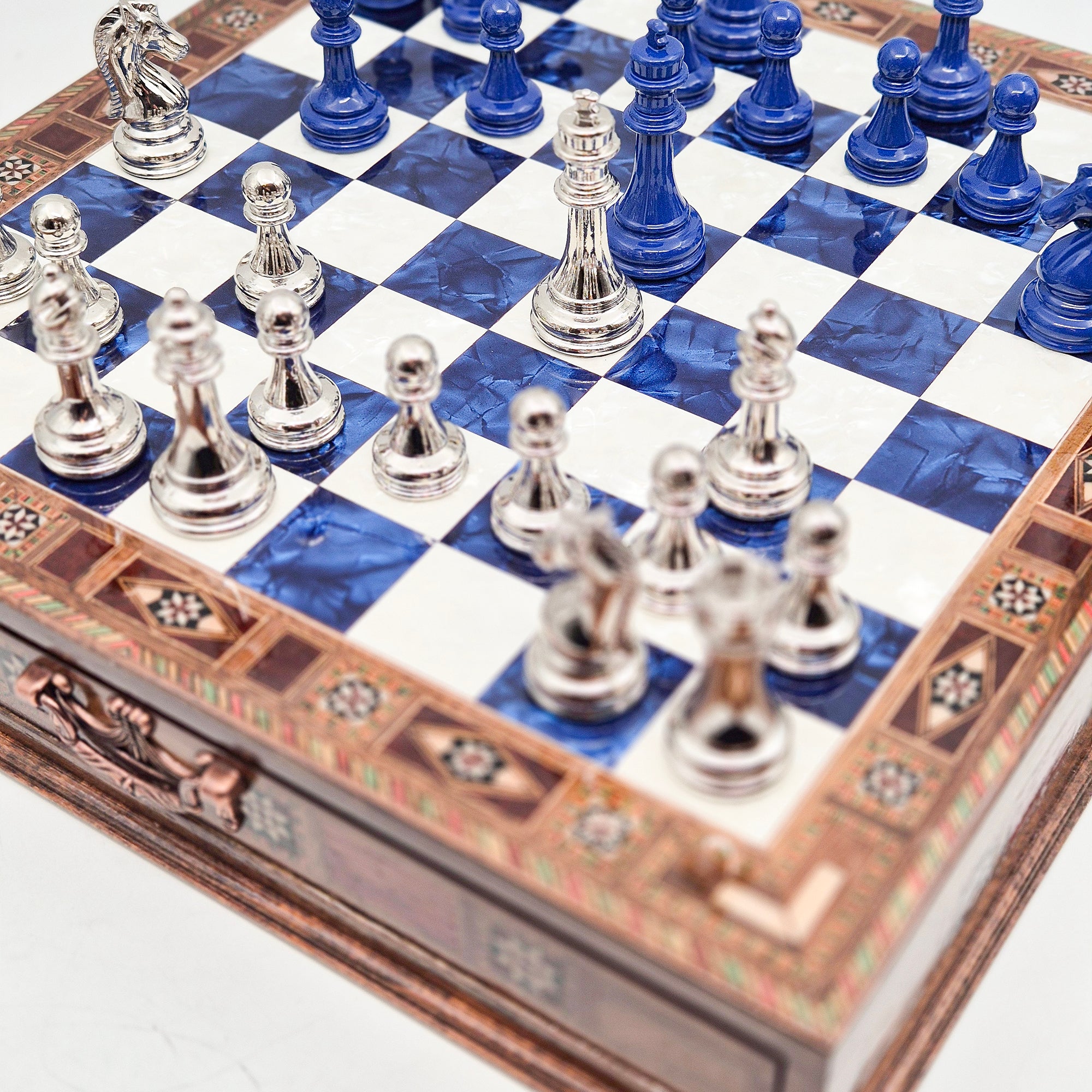
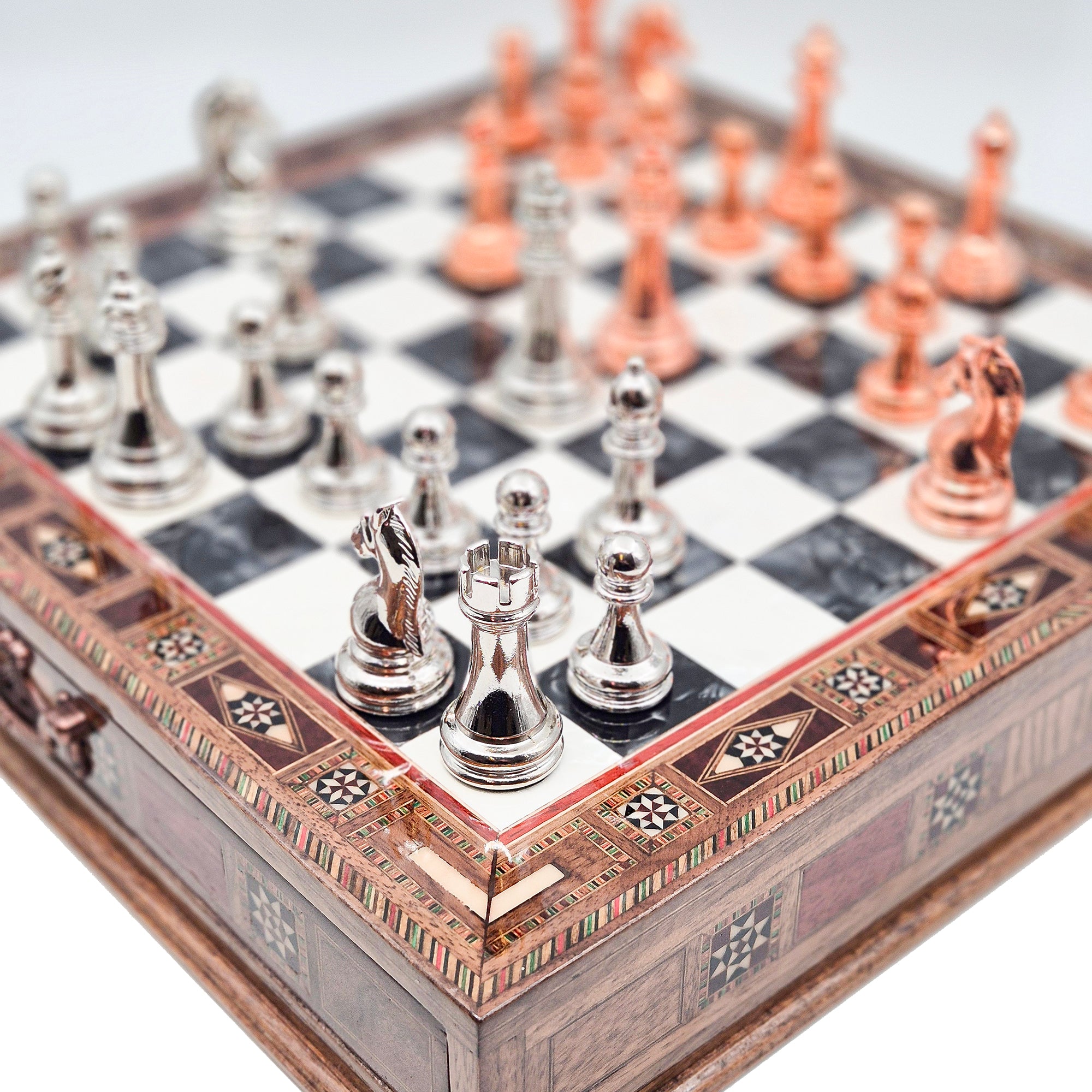
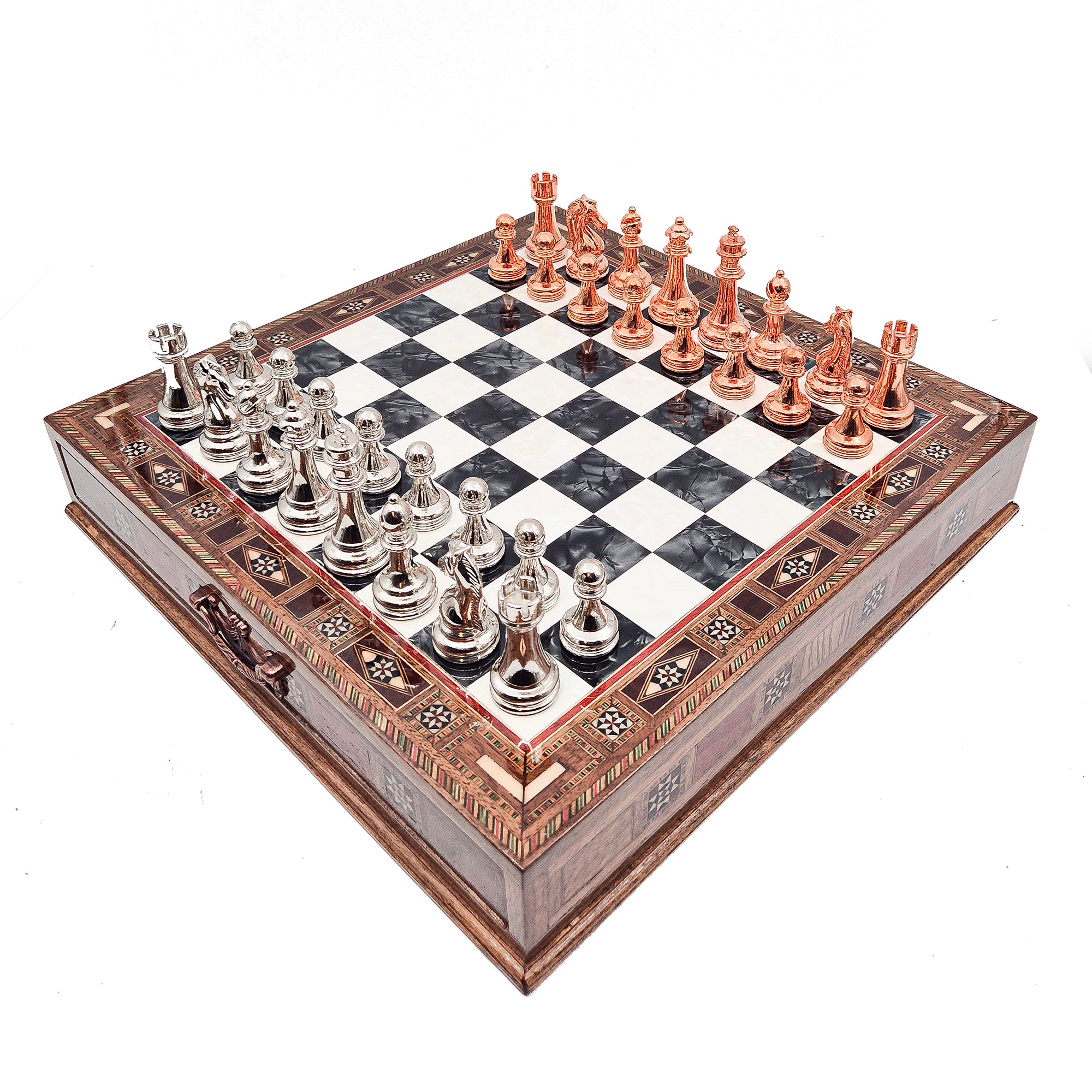
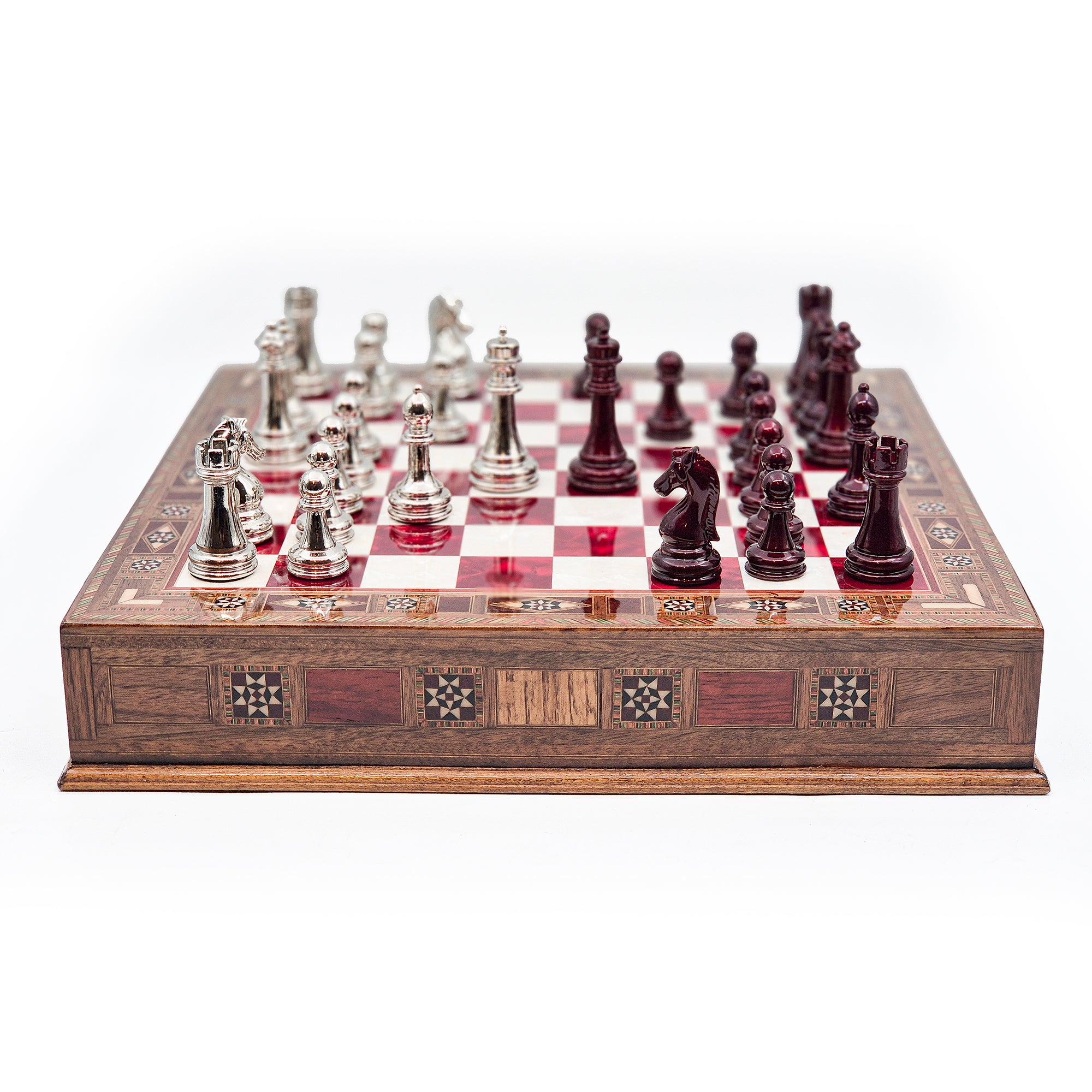
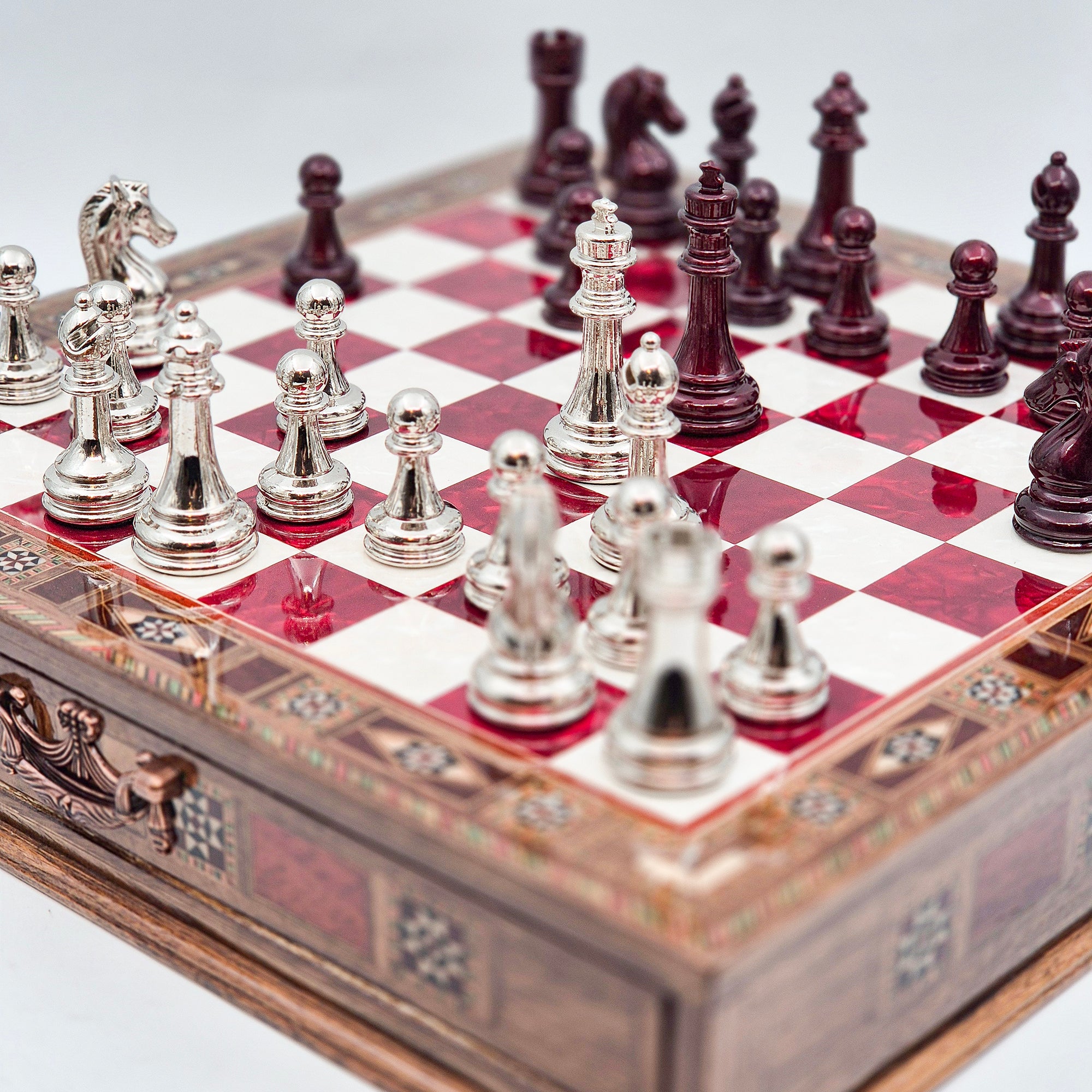
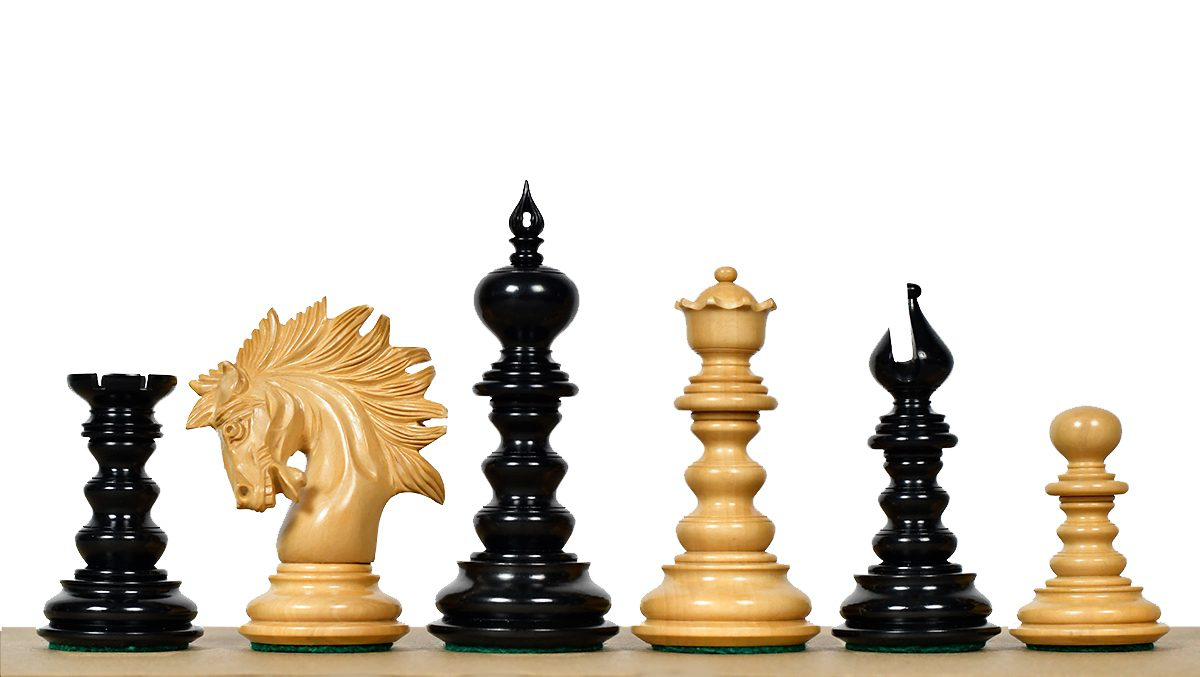
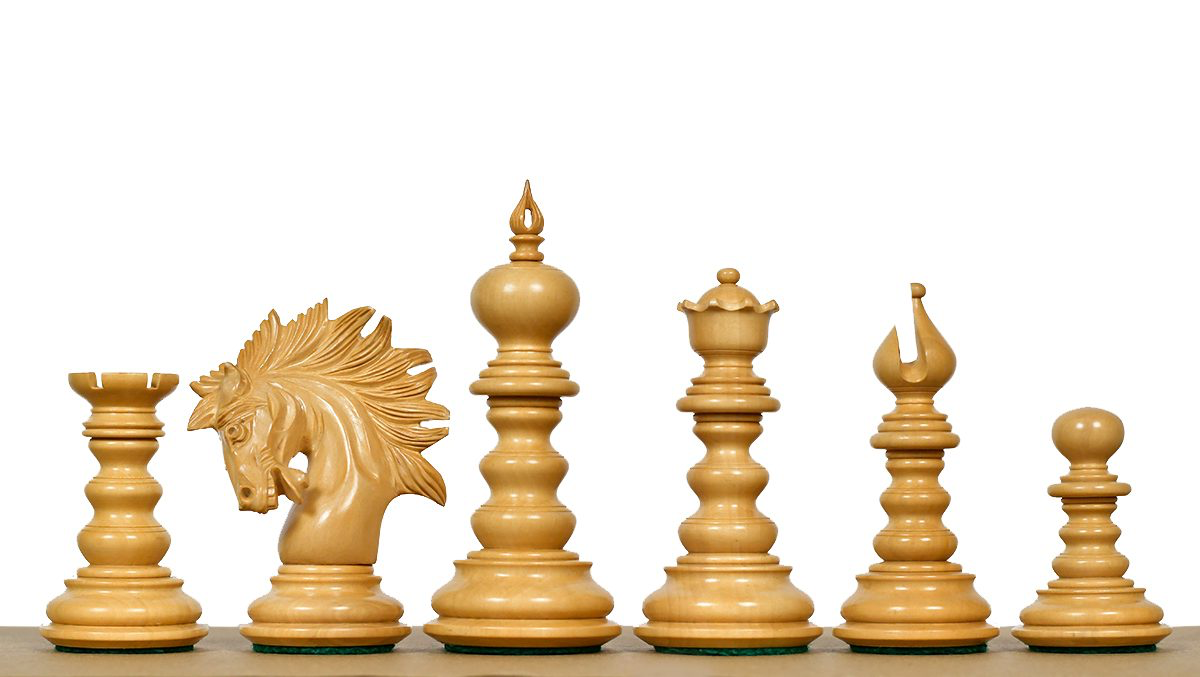
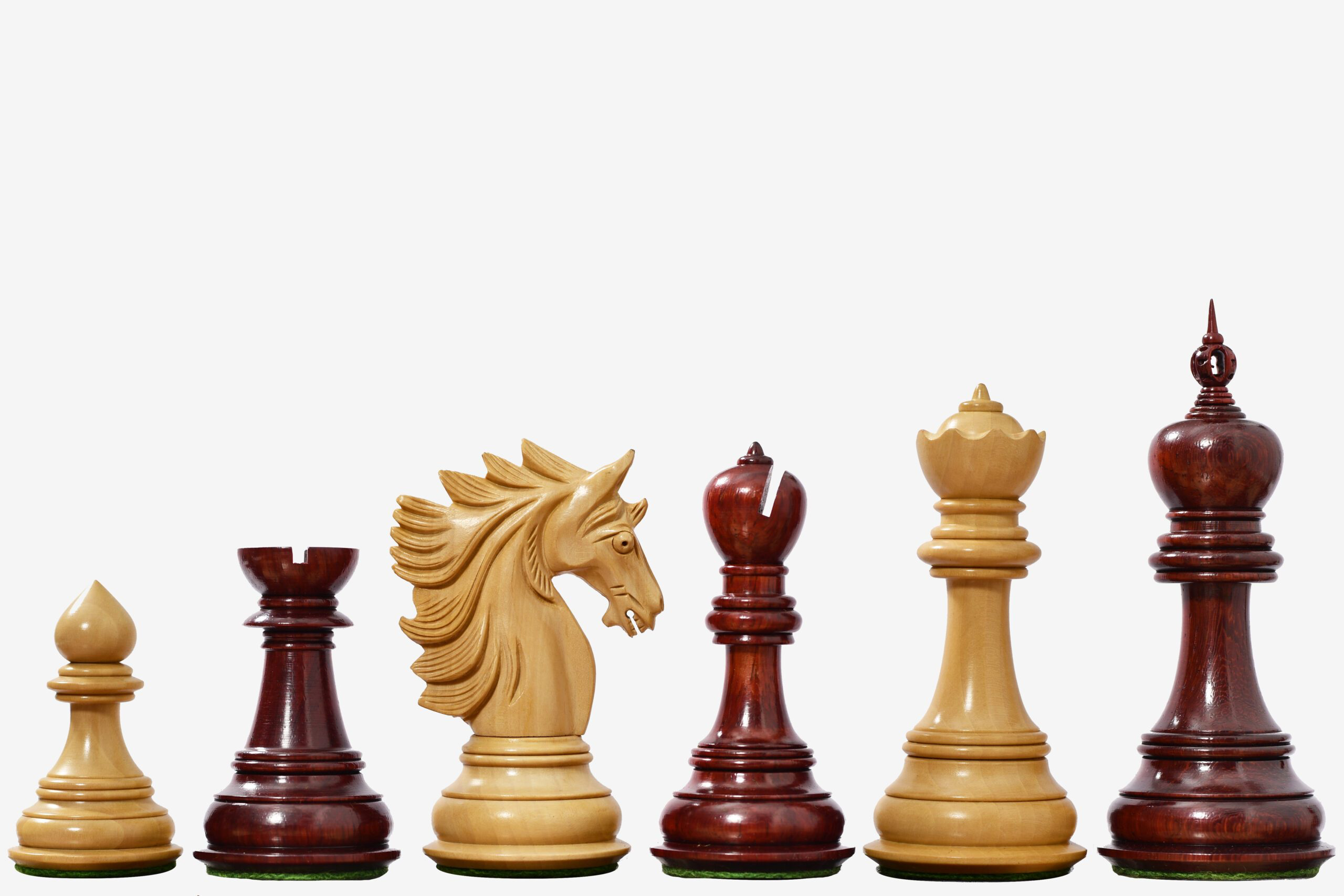
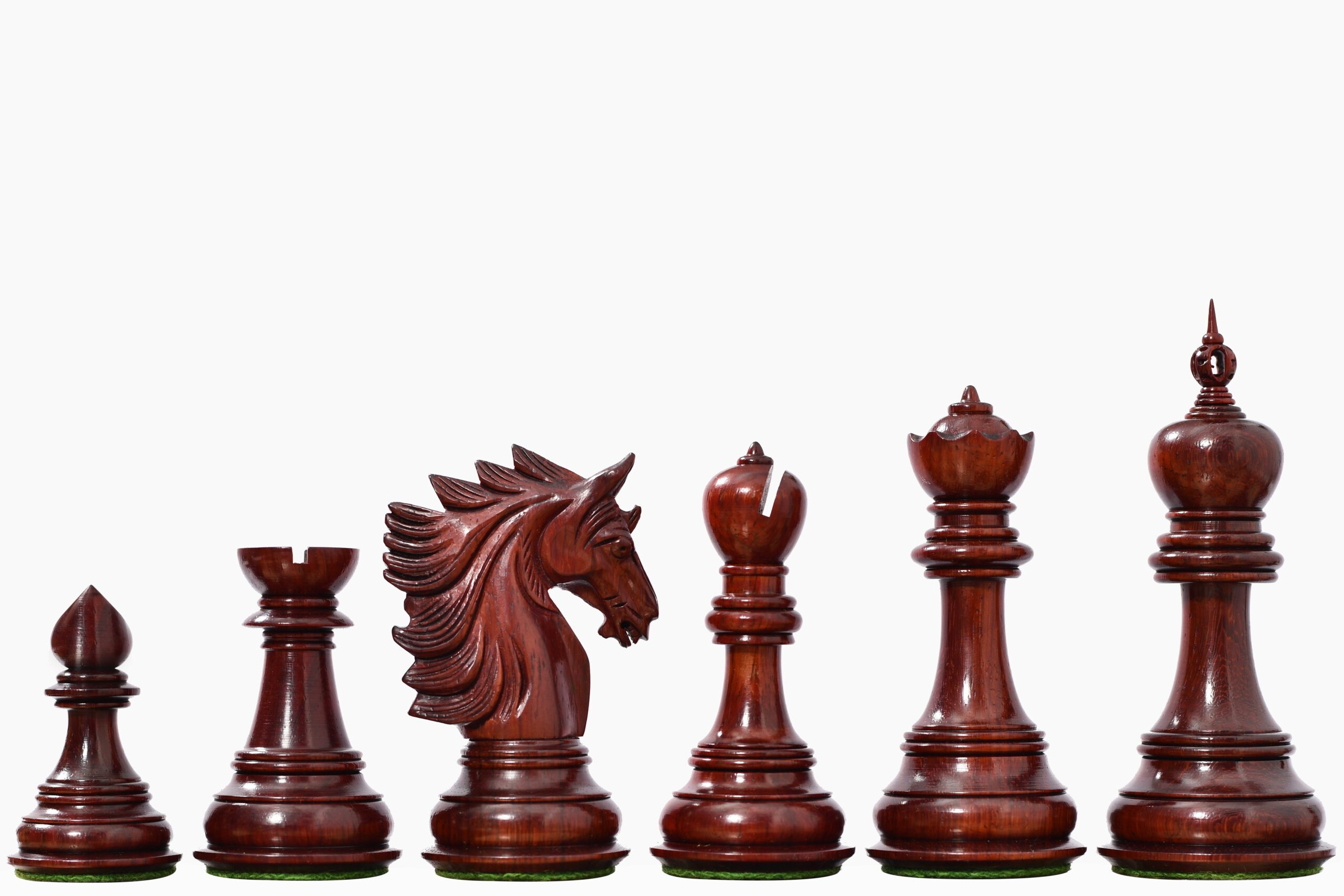
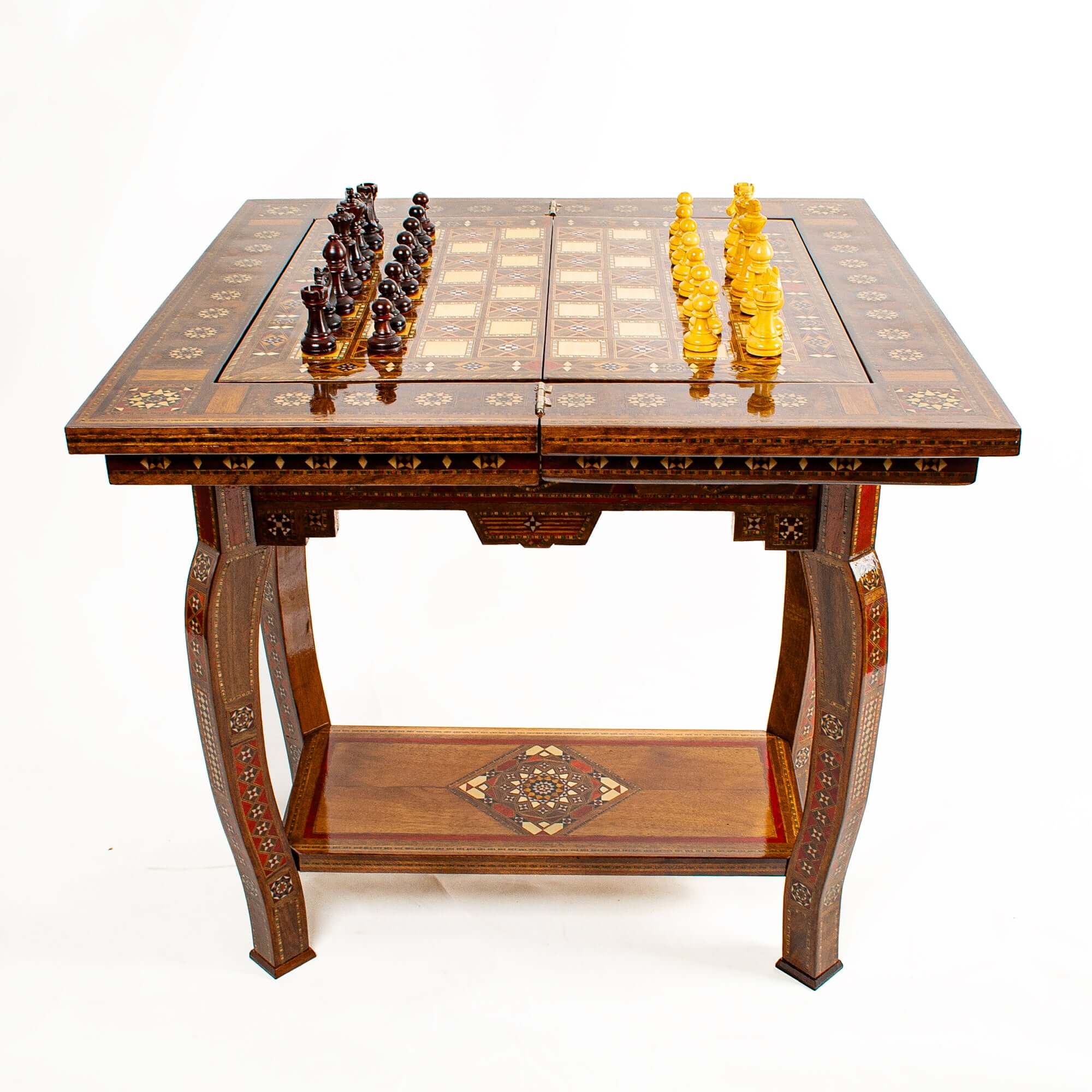

Leave a comment
All comments are moderated before being published.
This site is protected by hCaptcha and the hCaptcha Privacy Policy and Terms of Service apply.